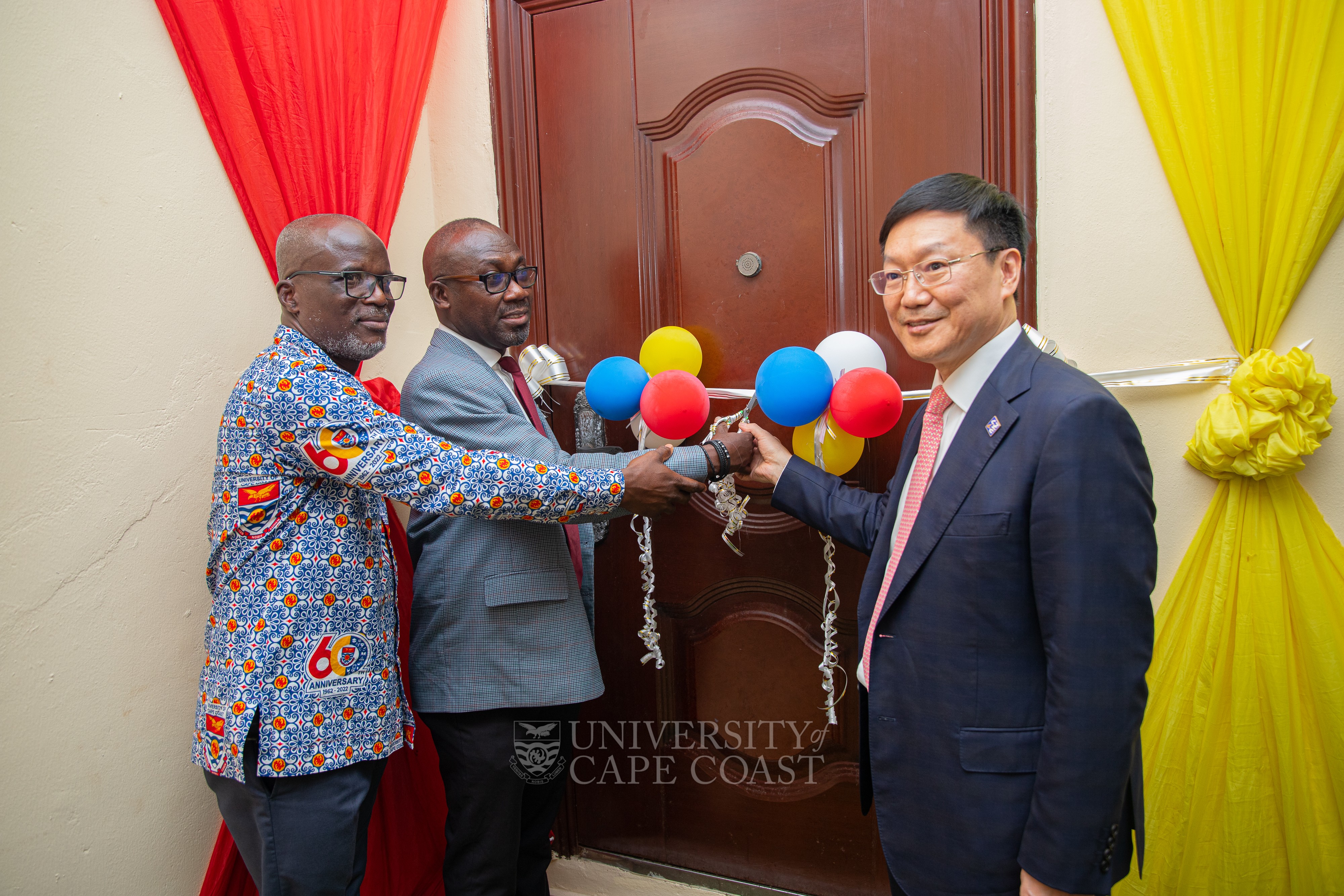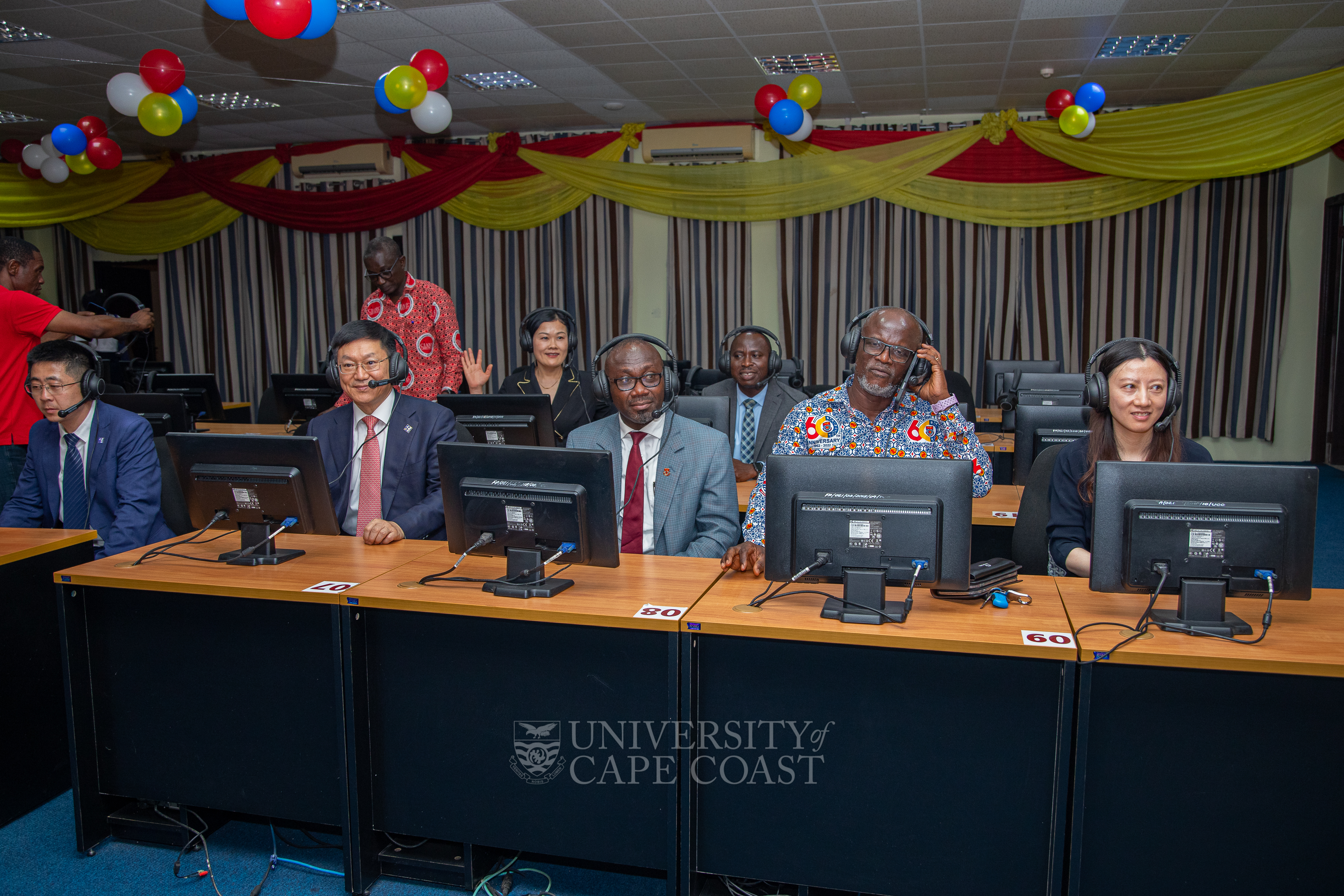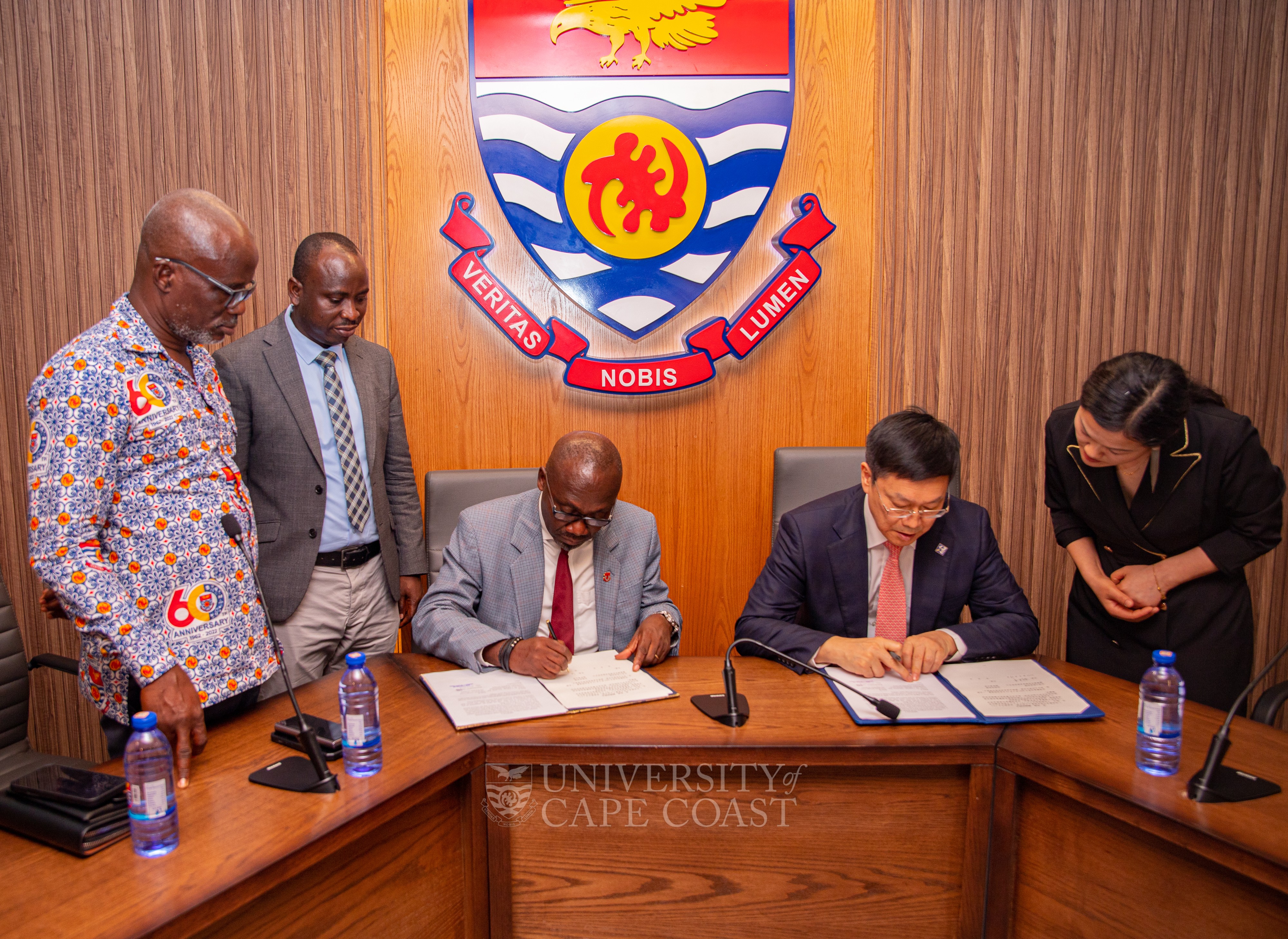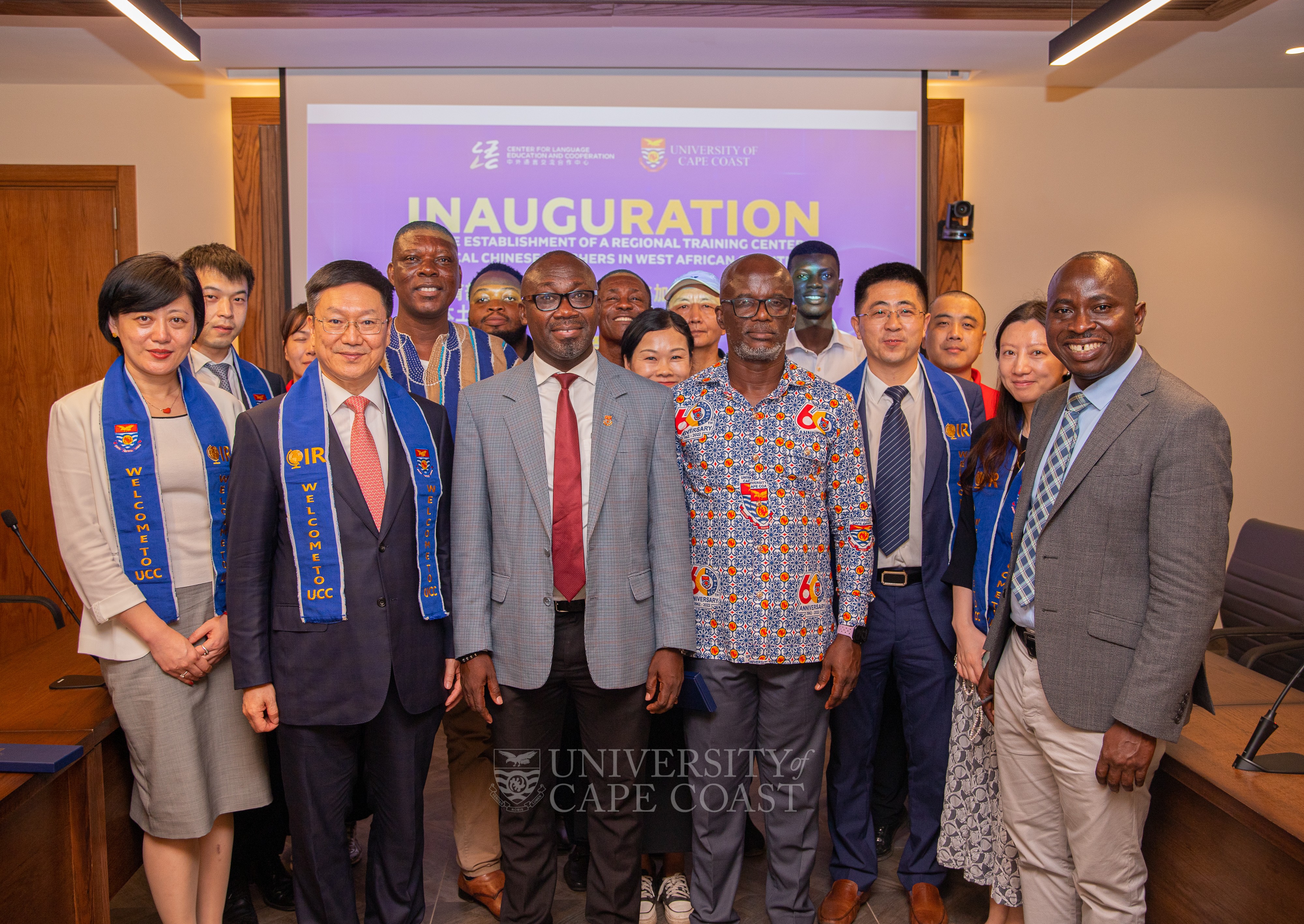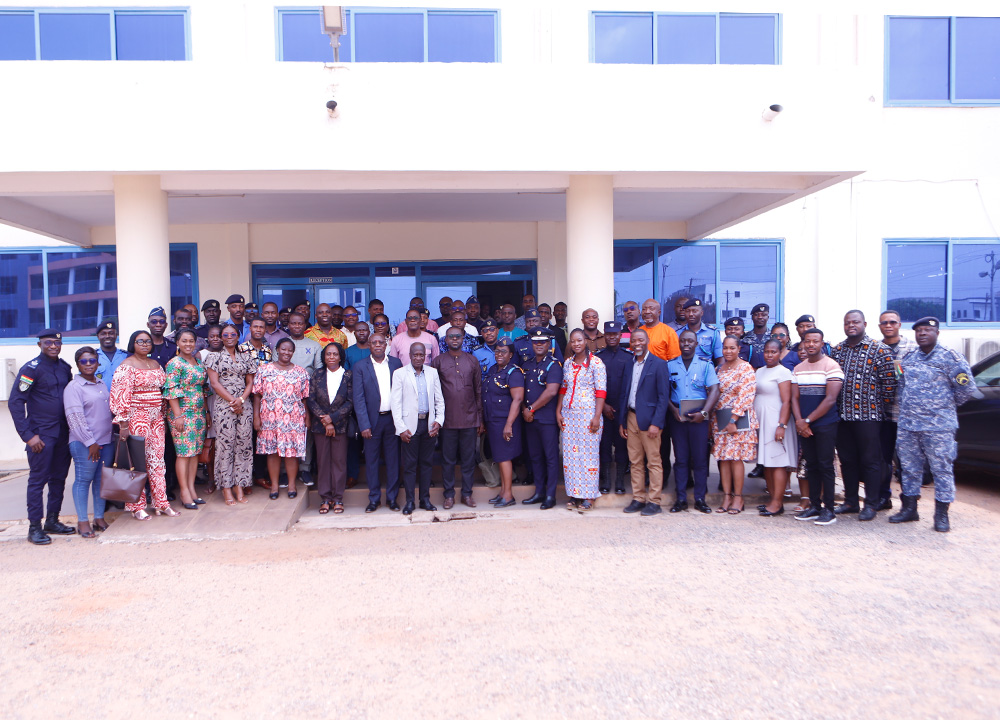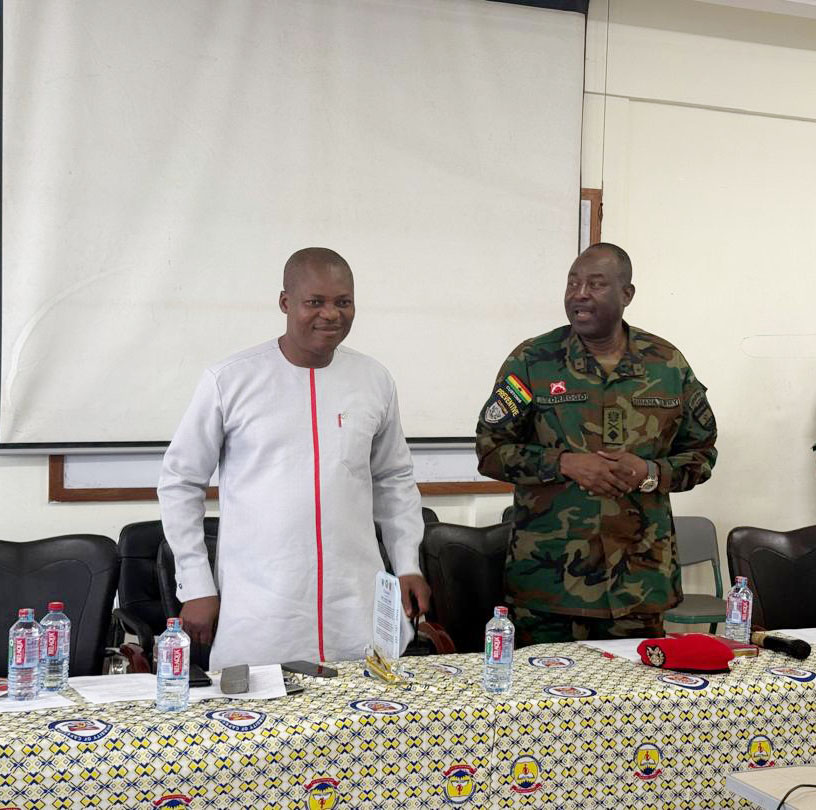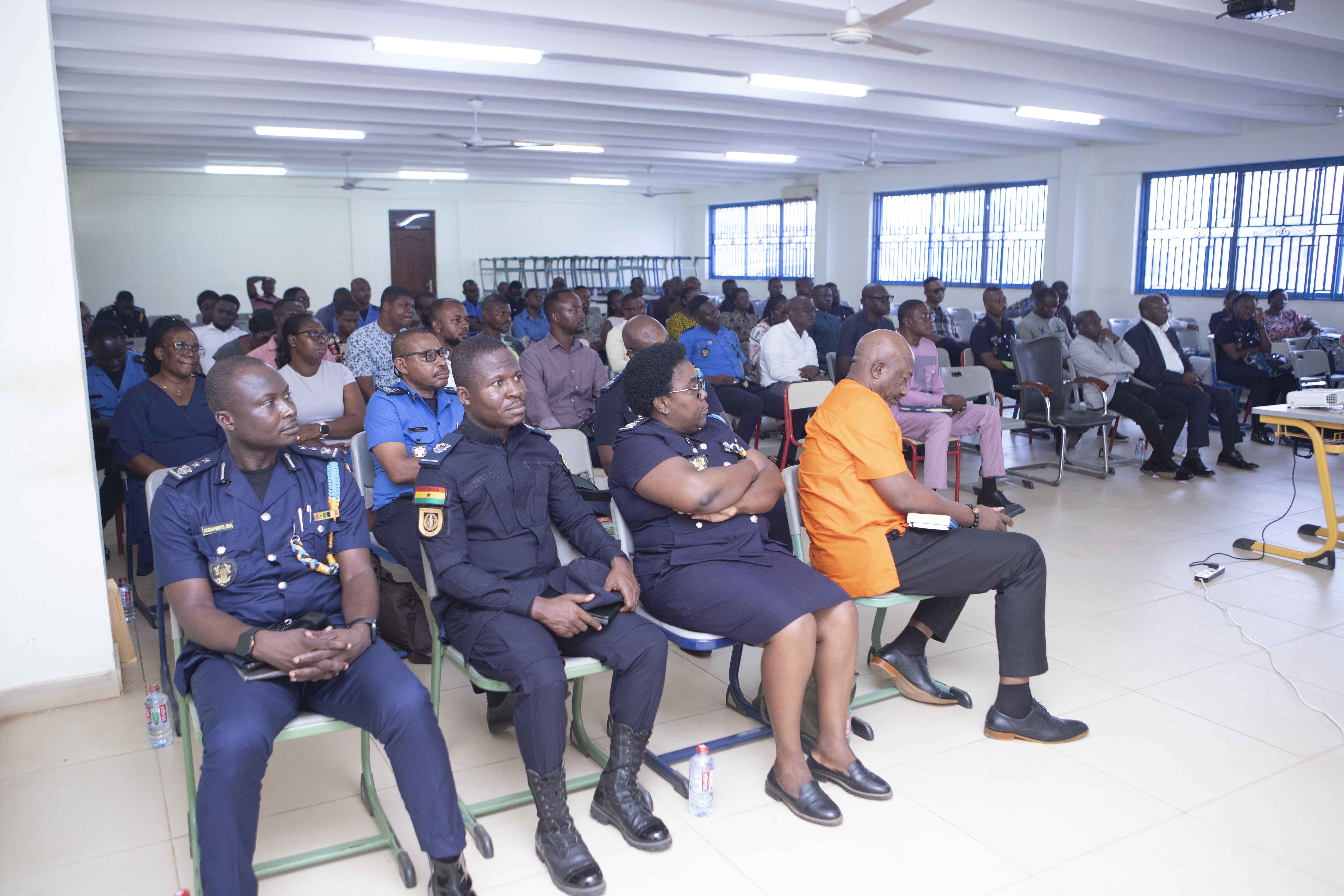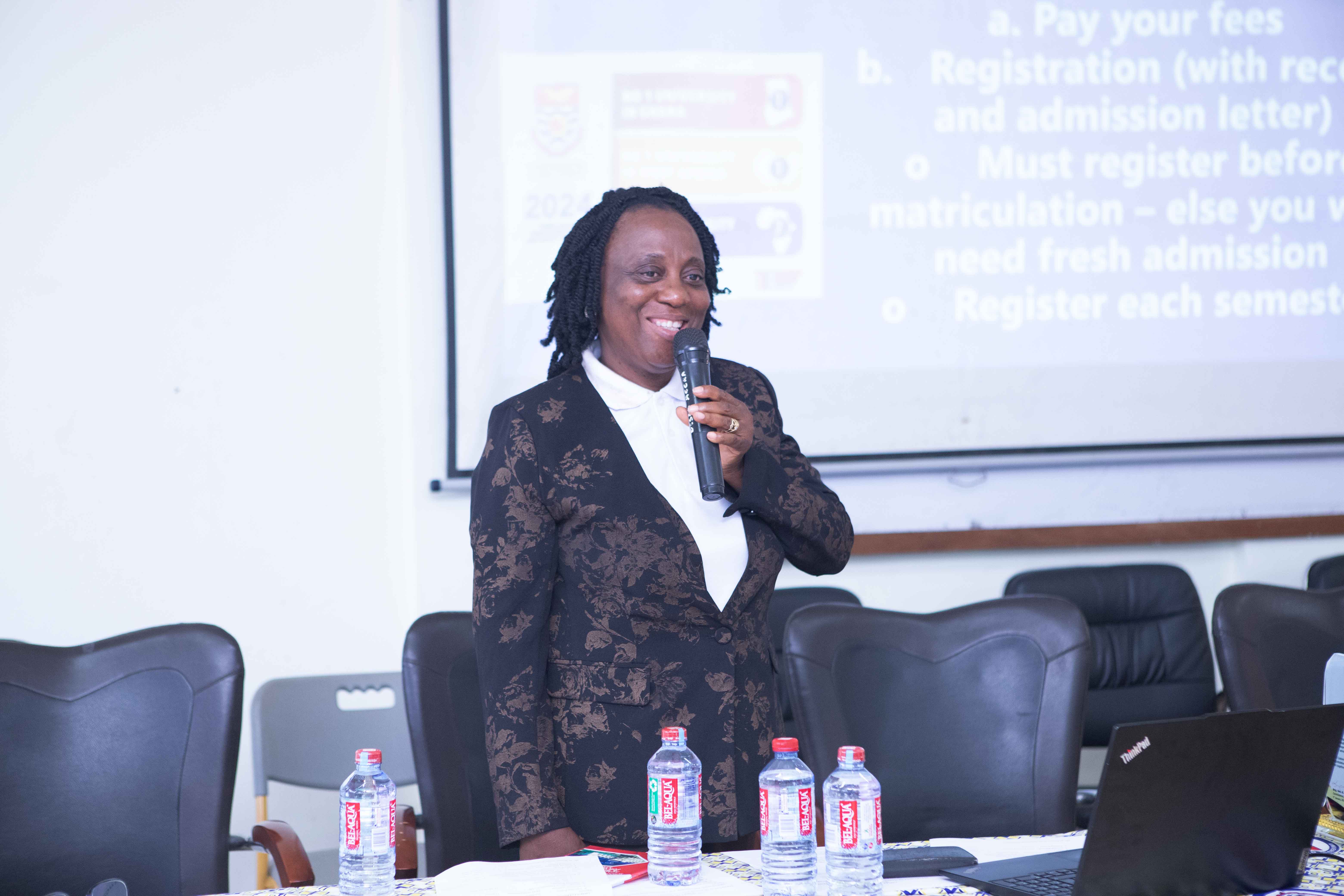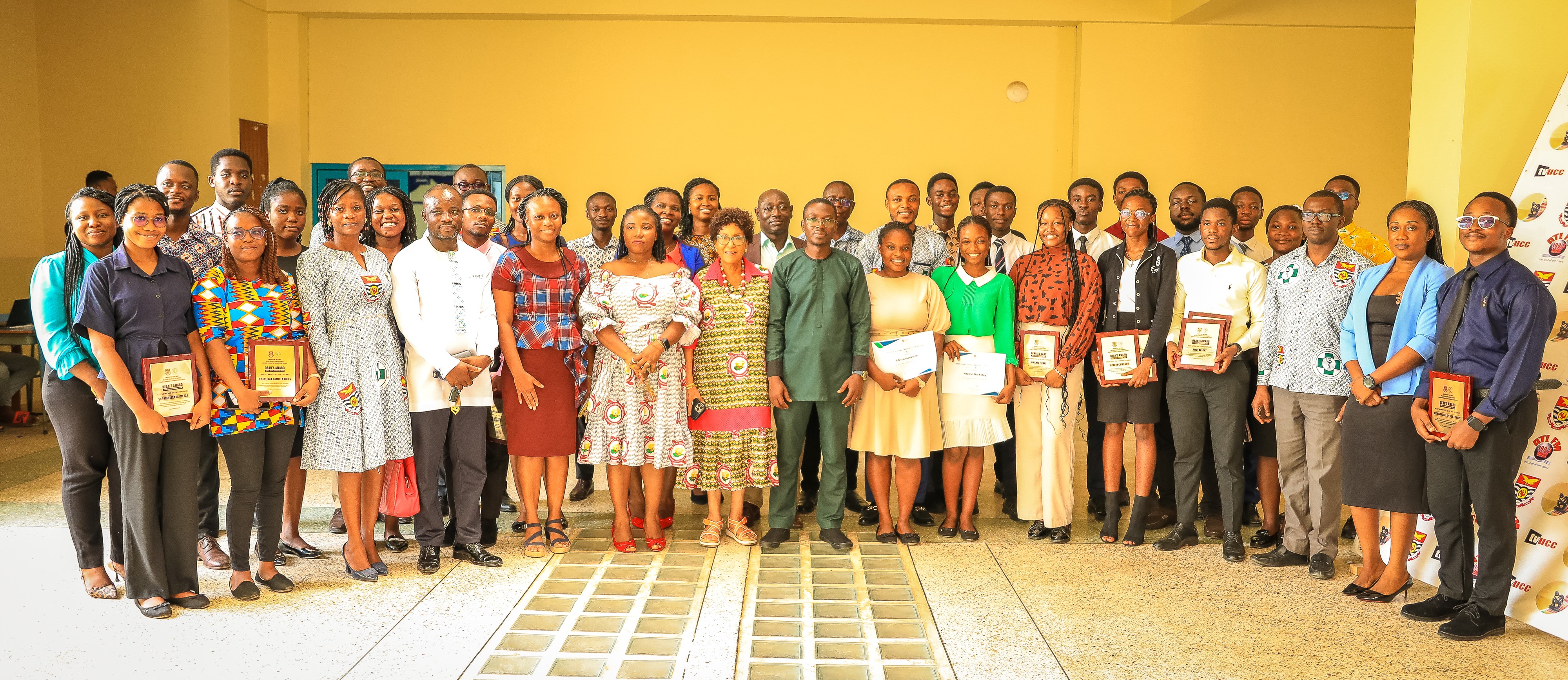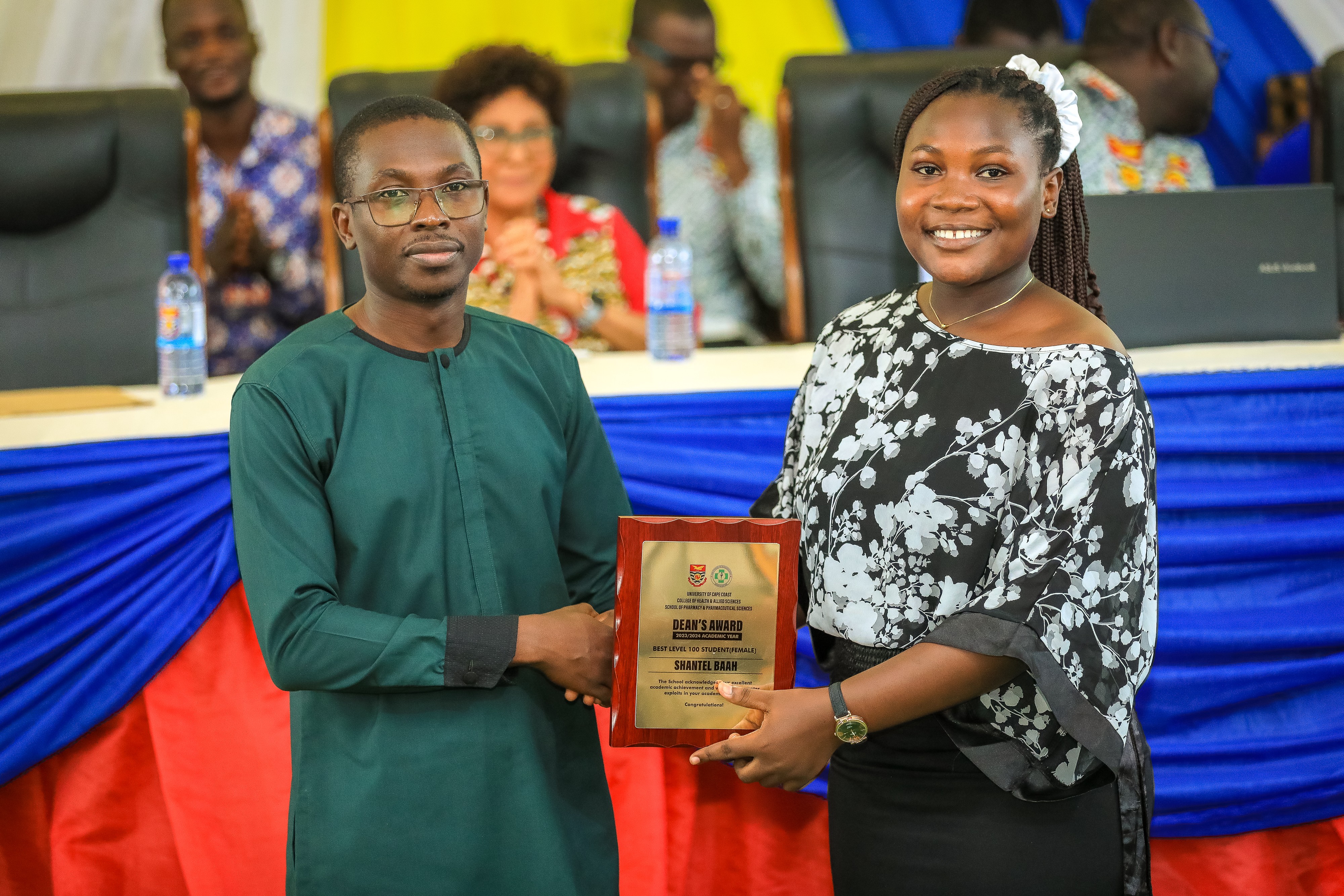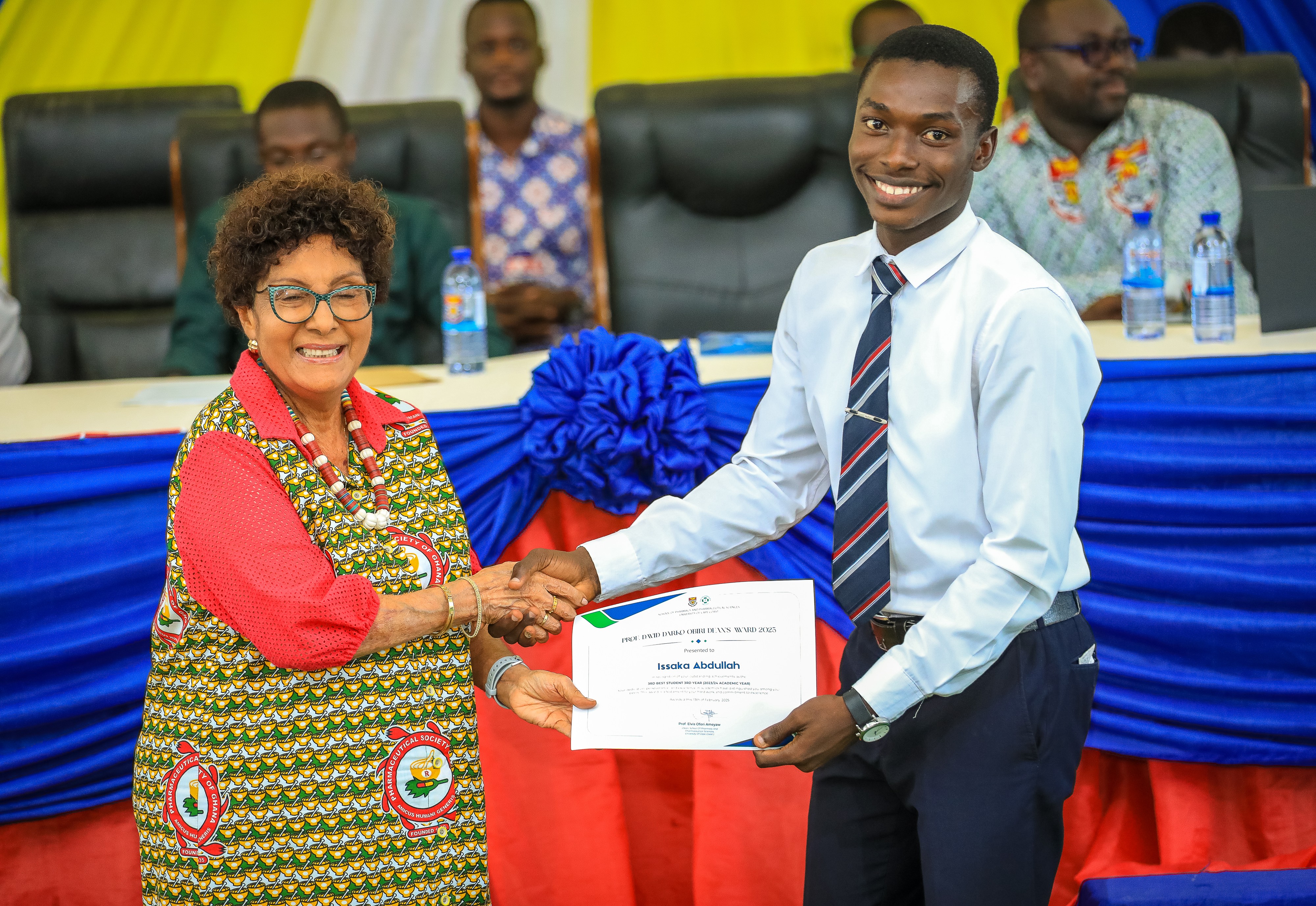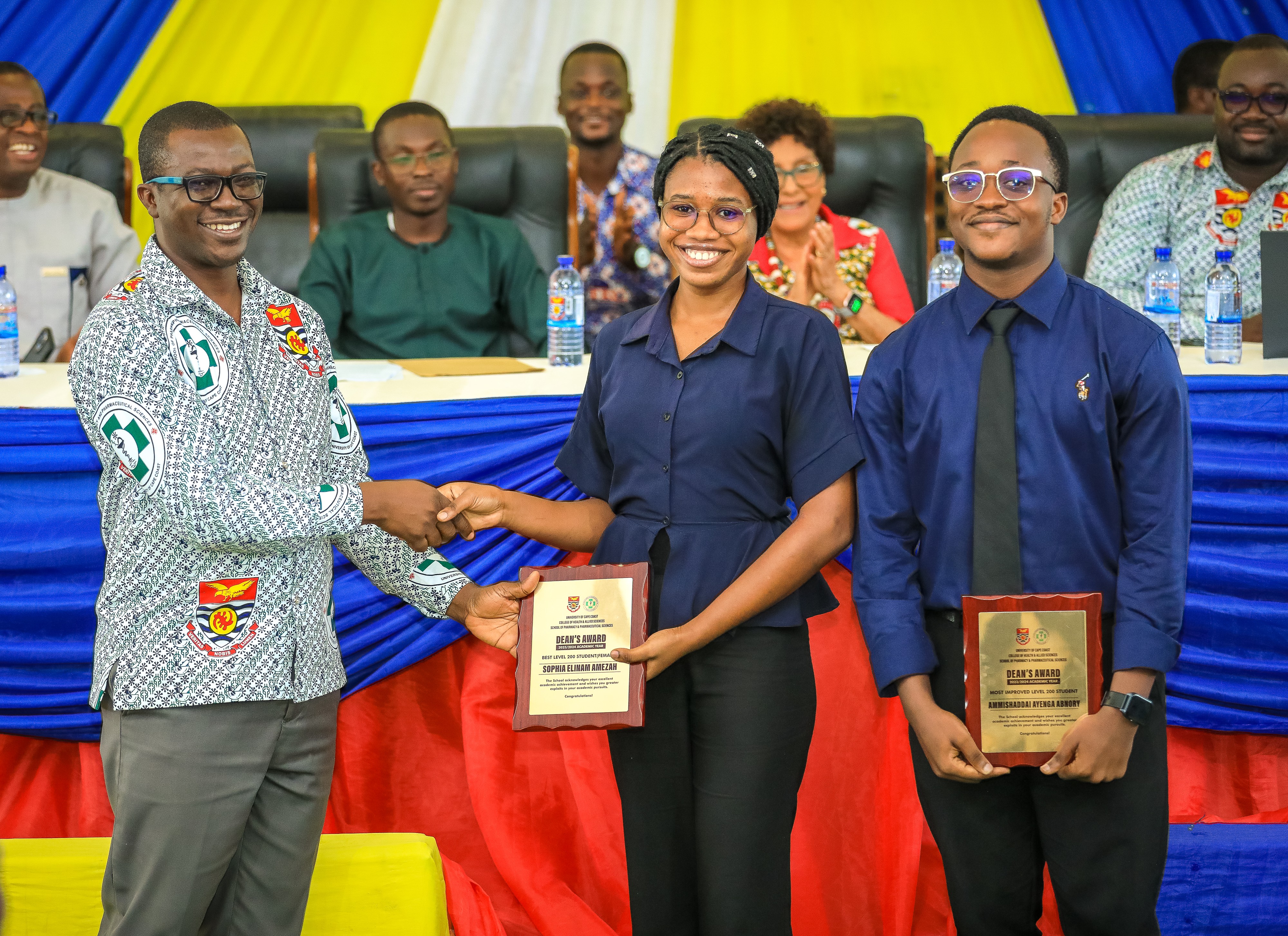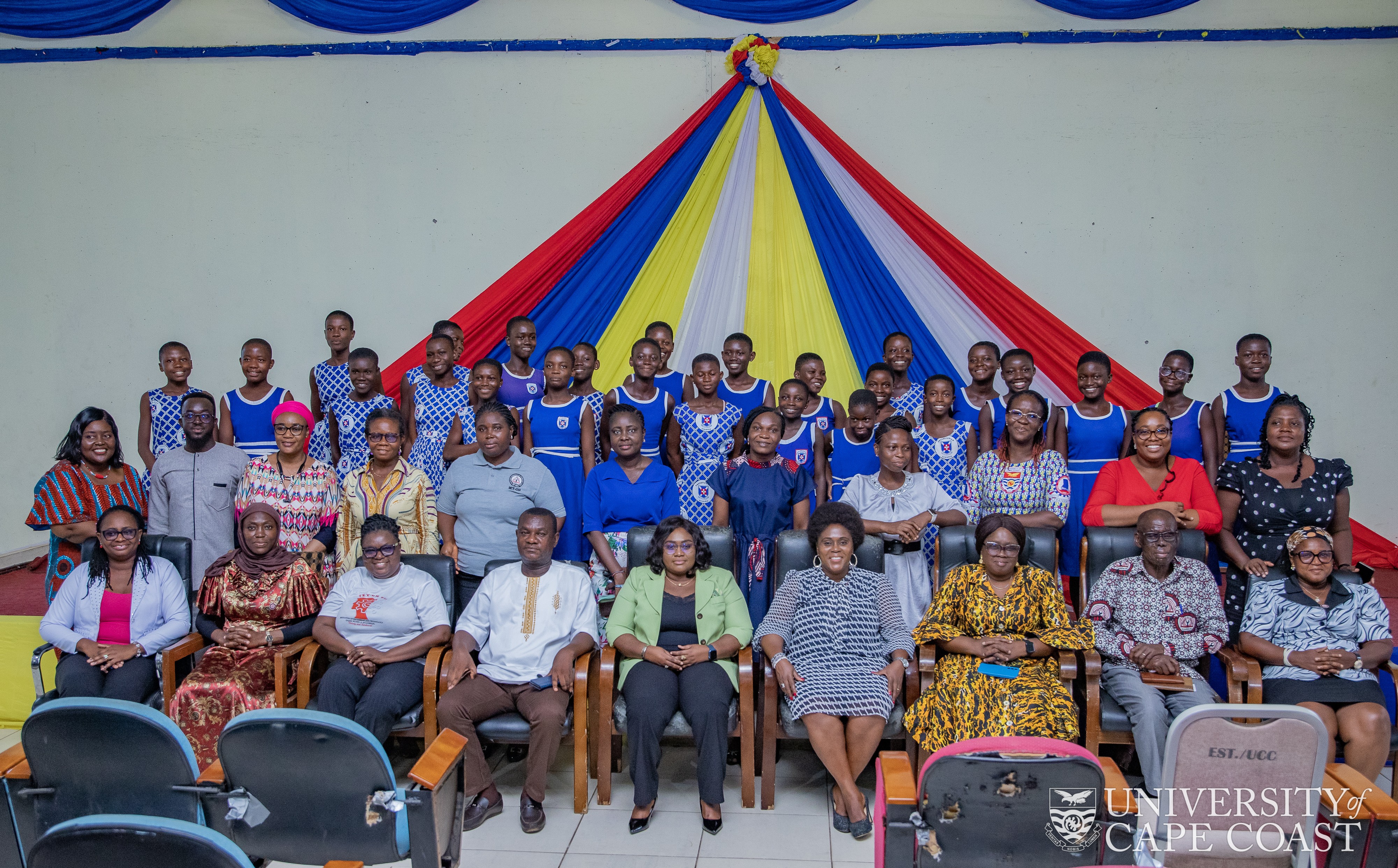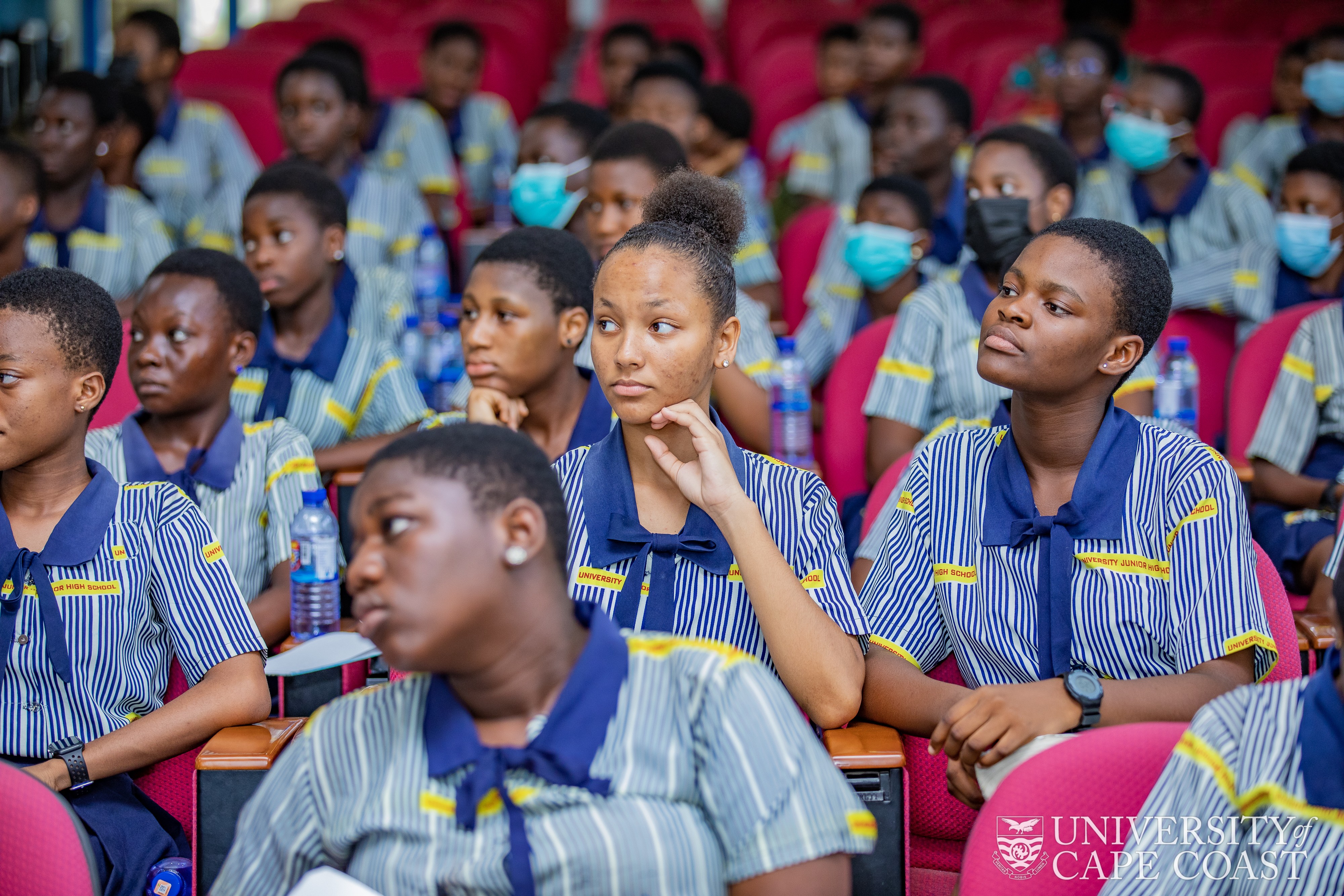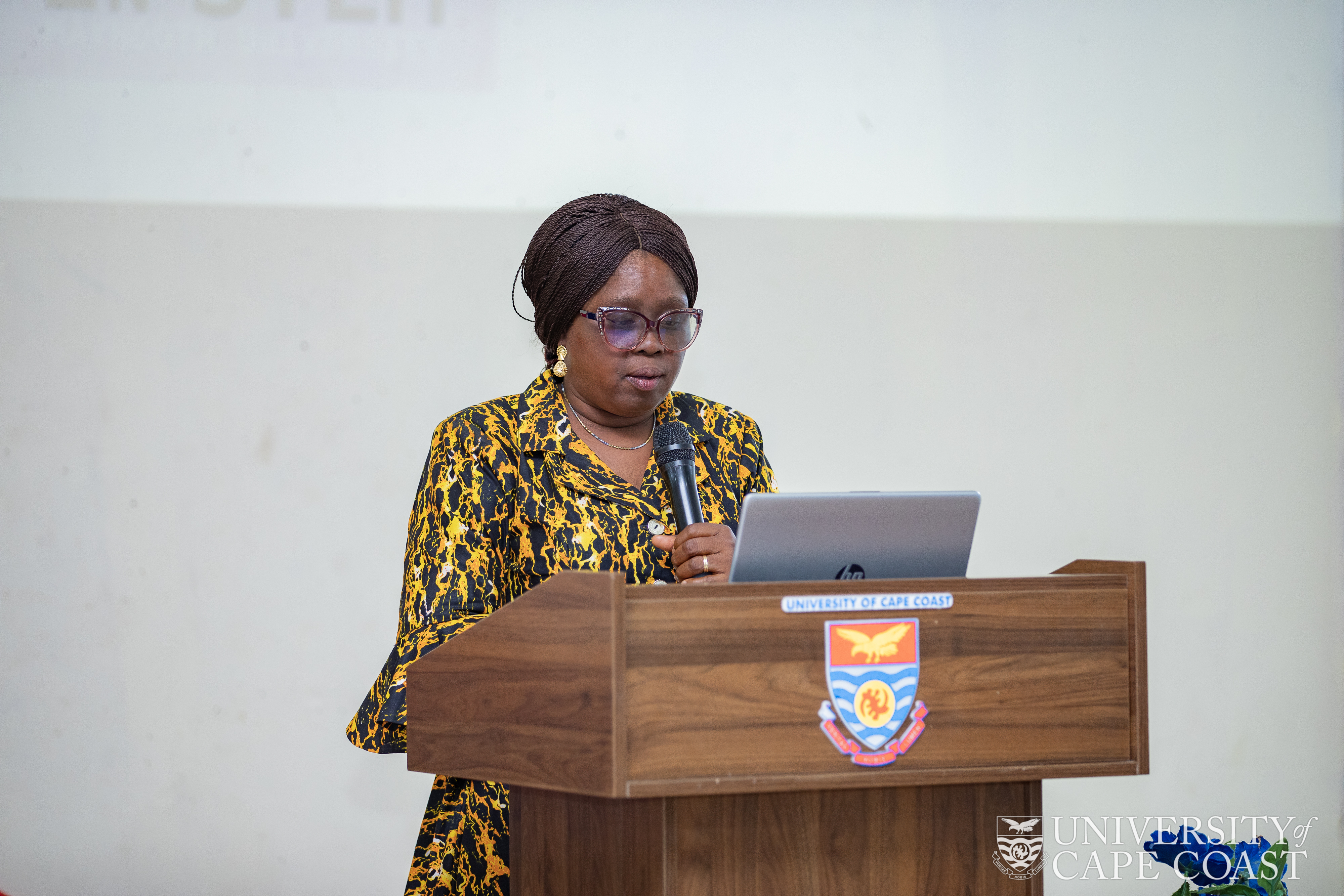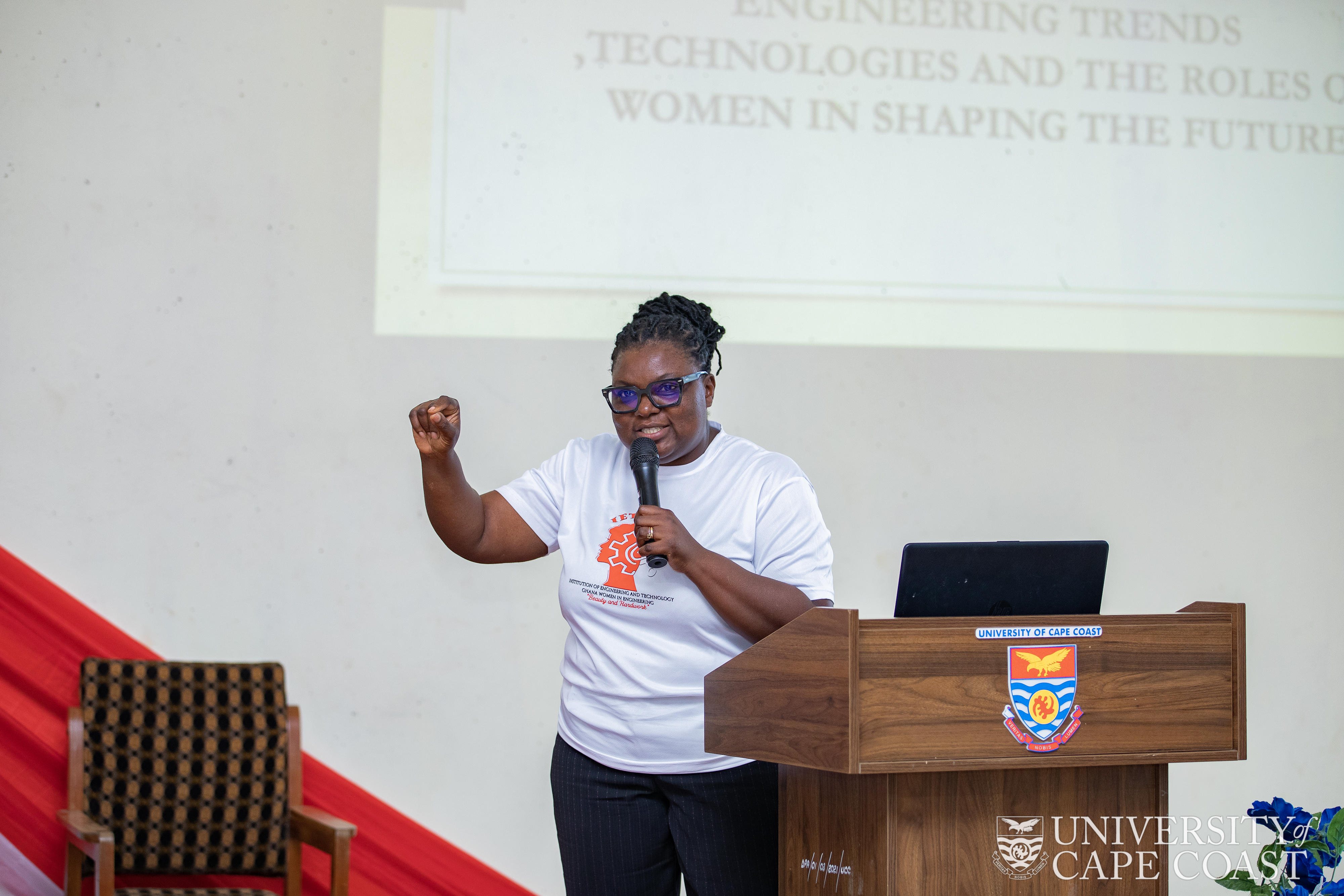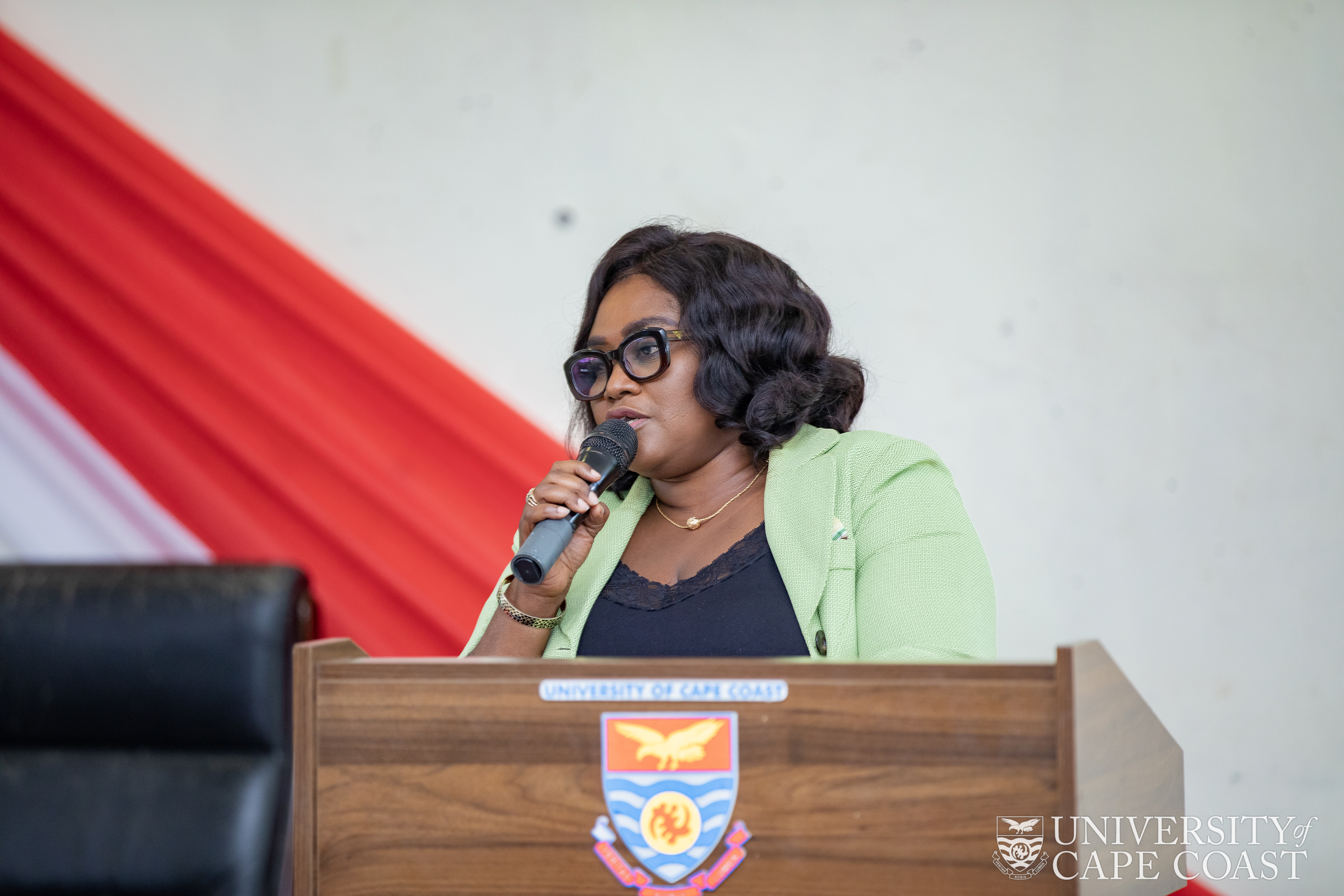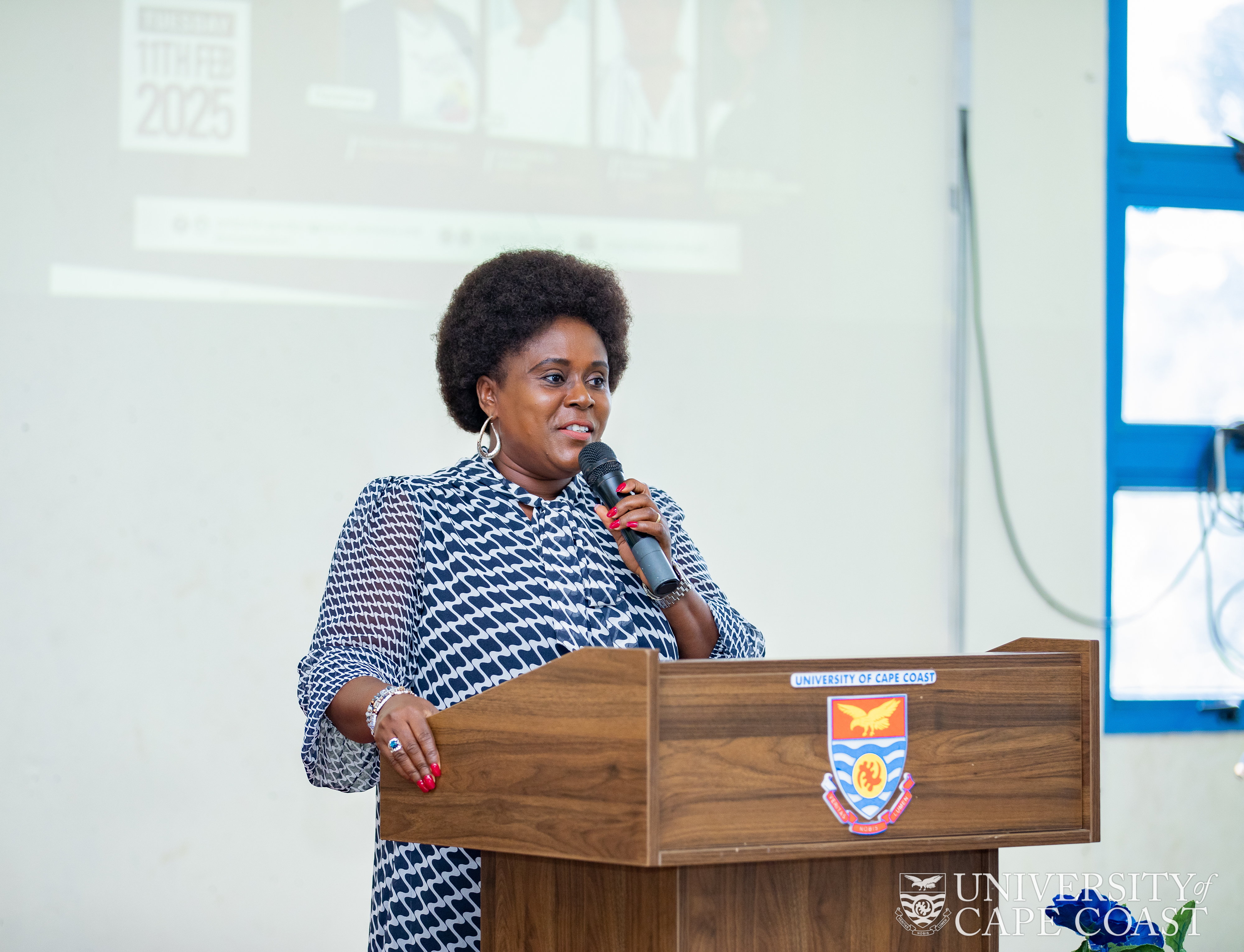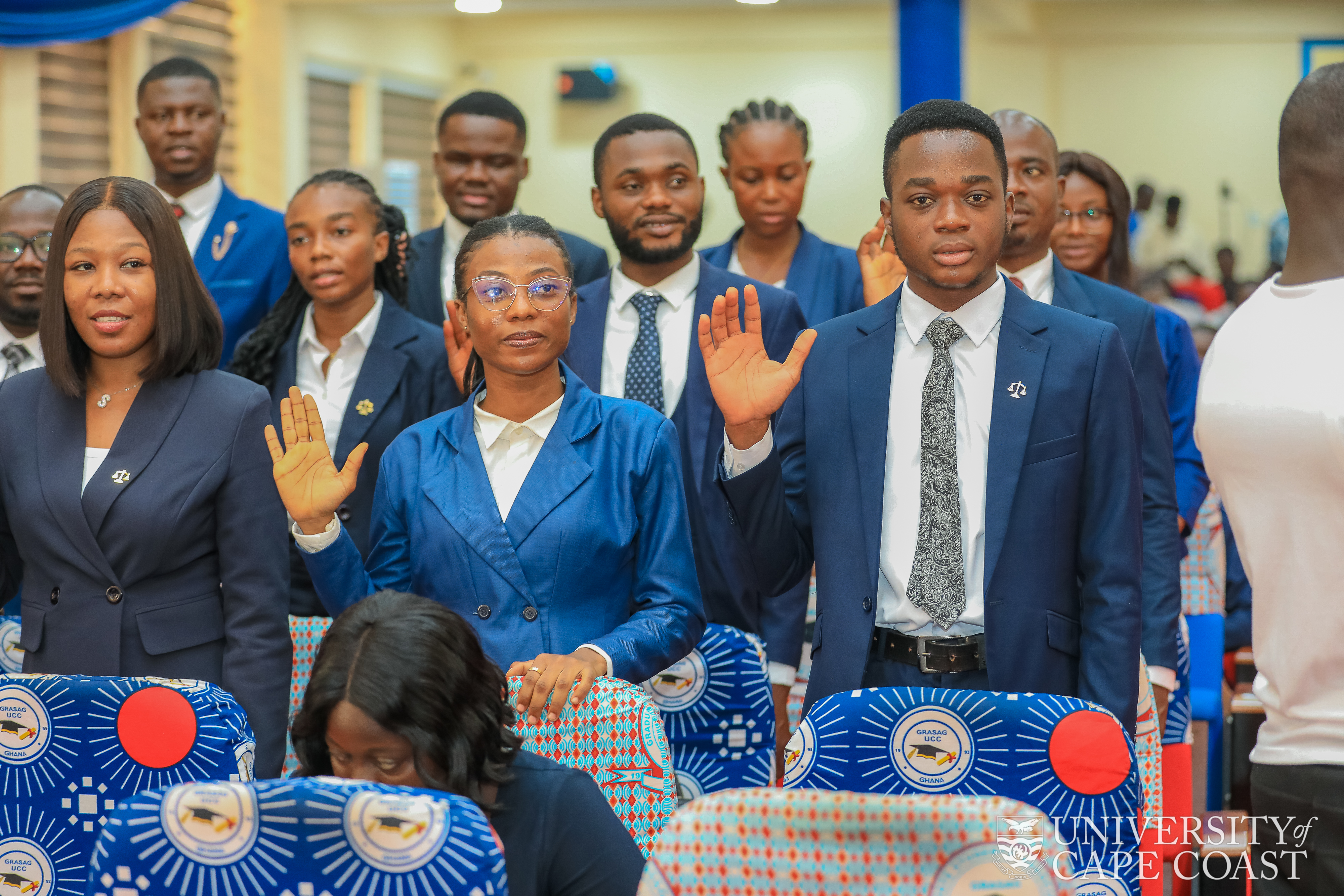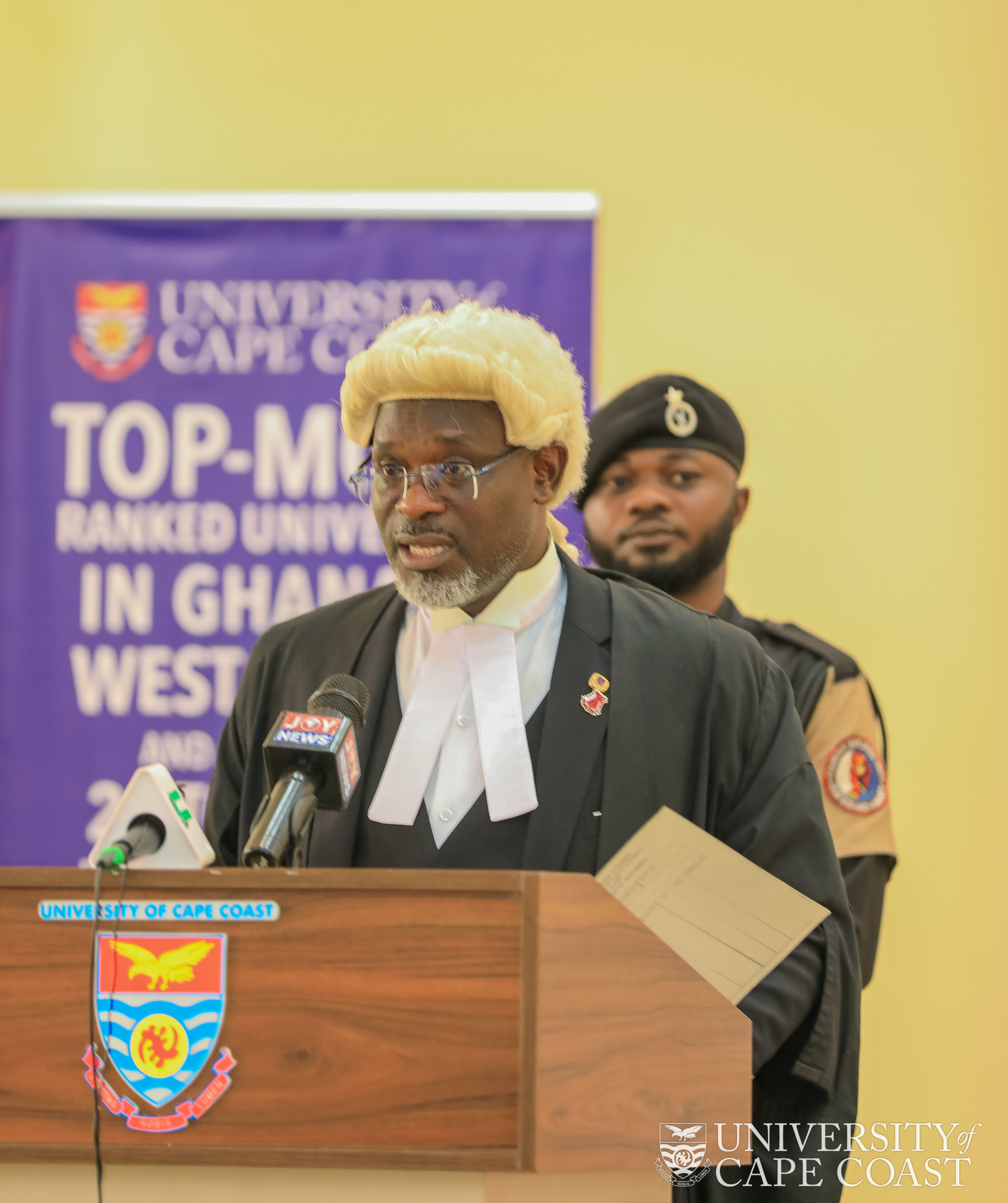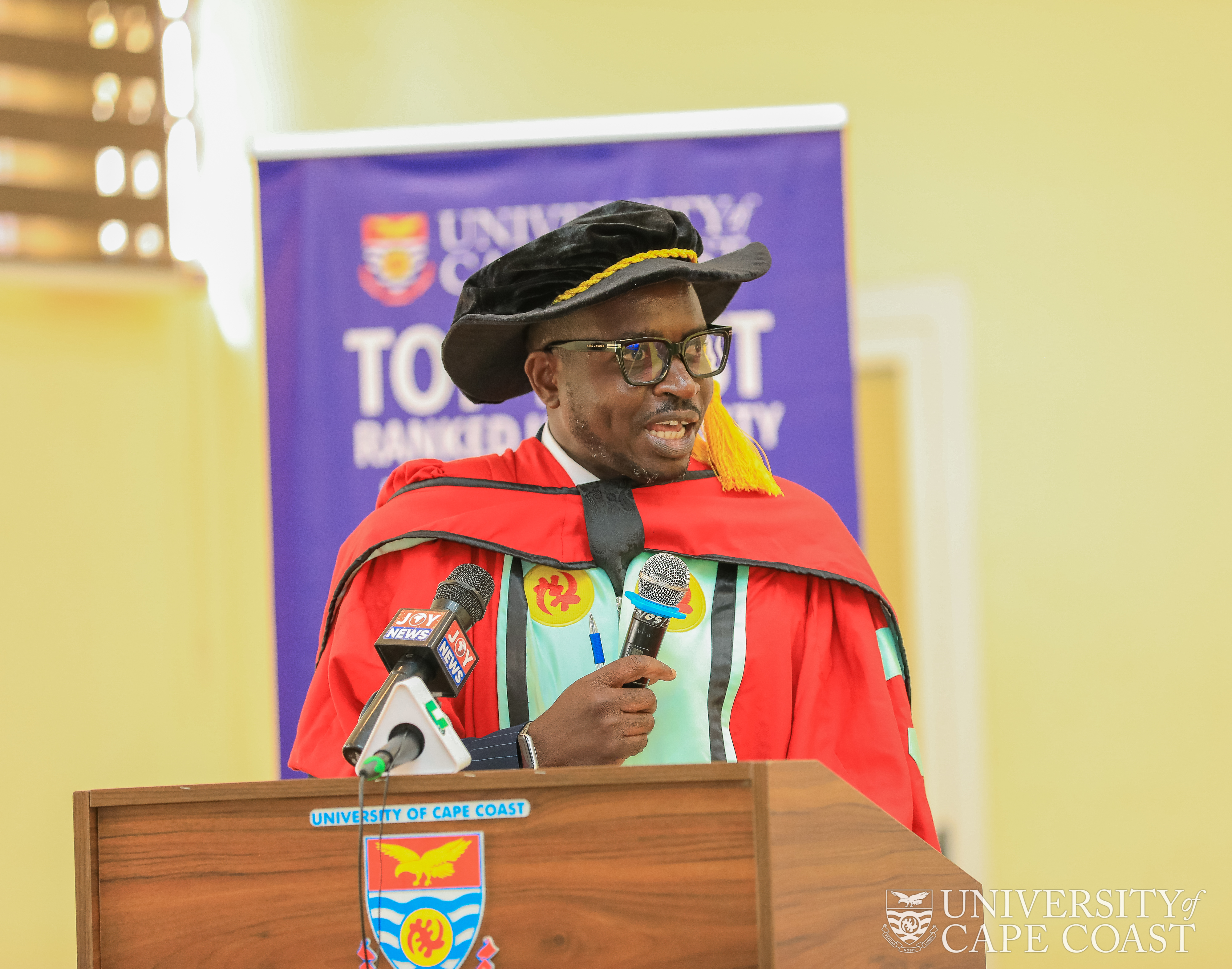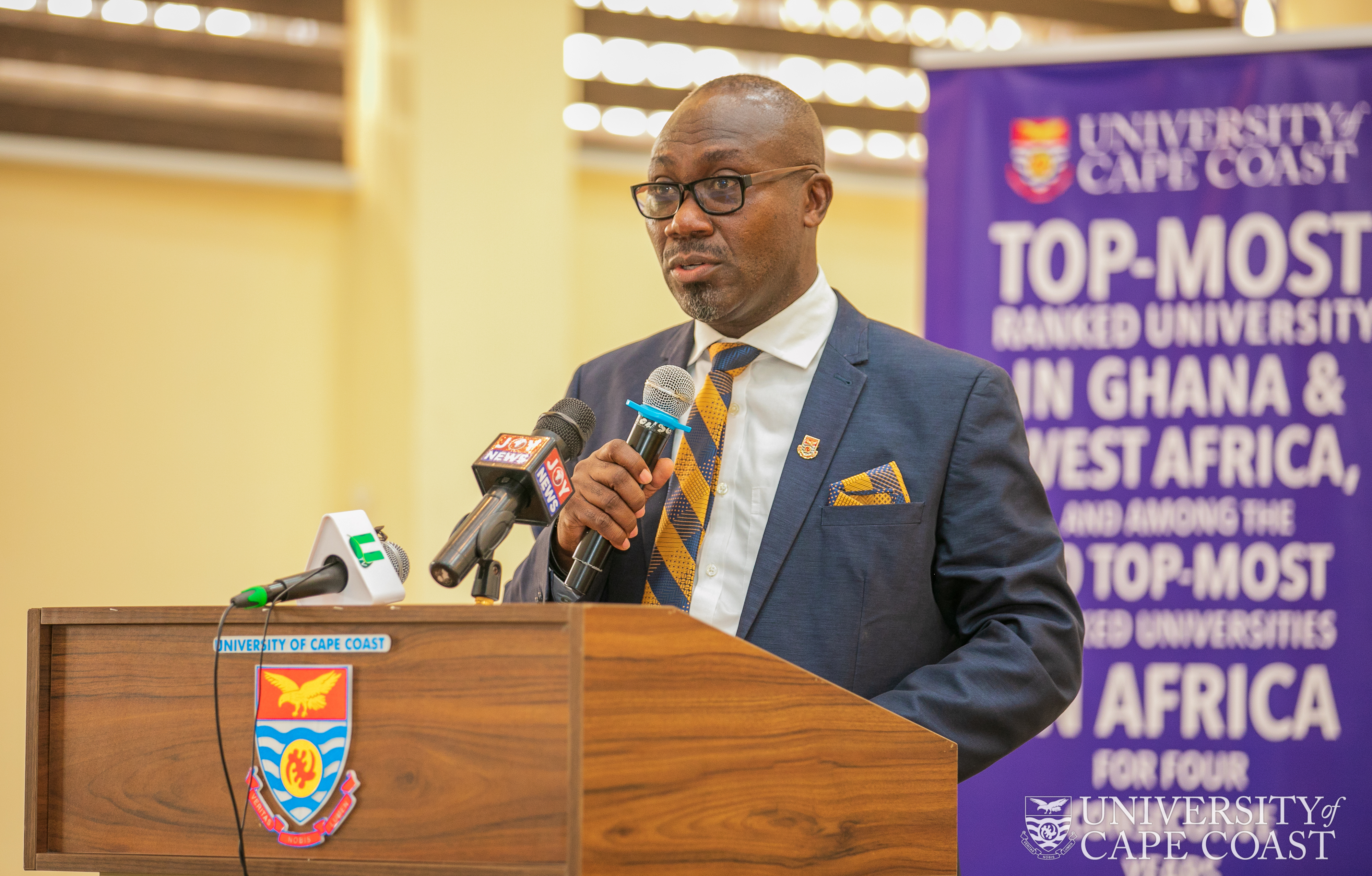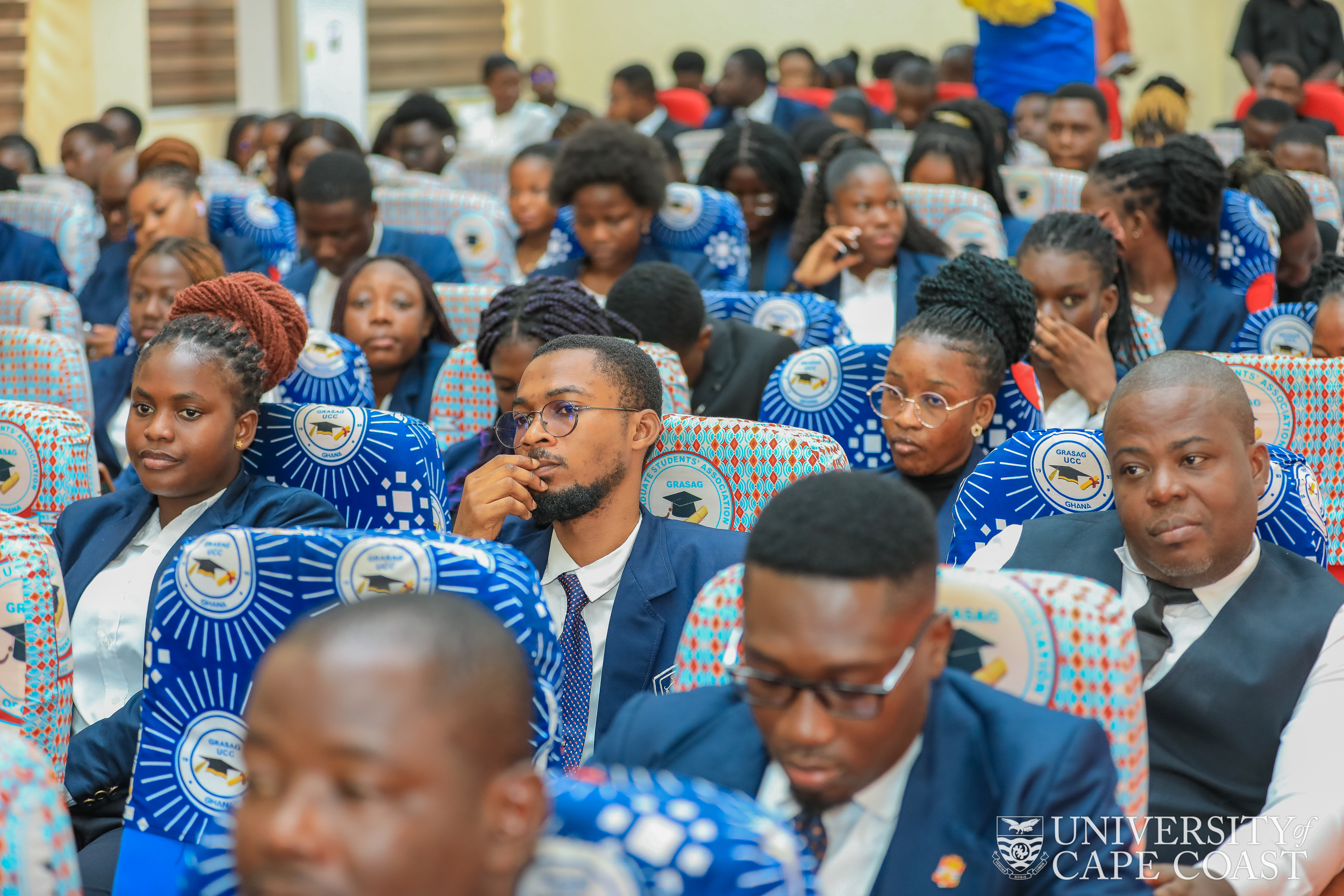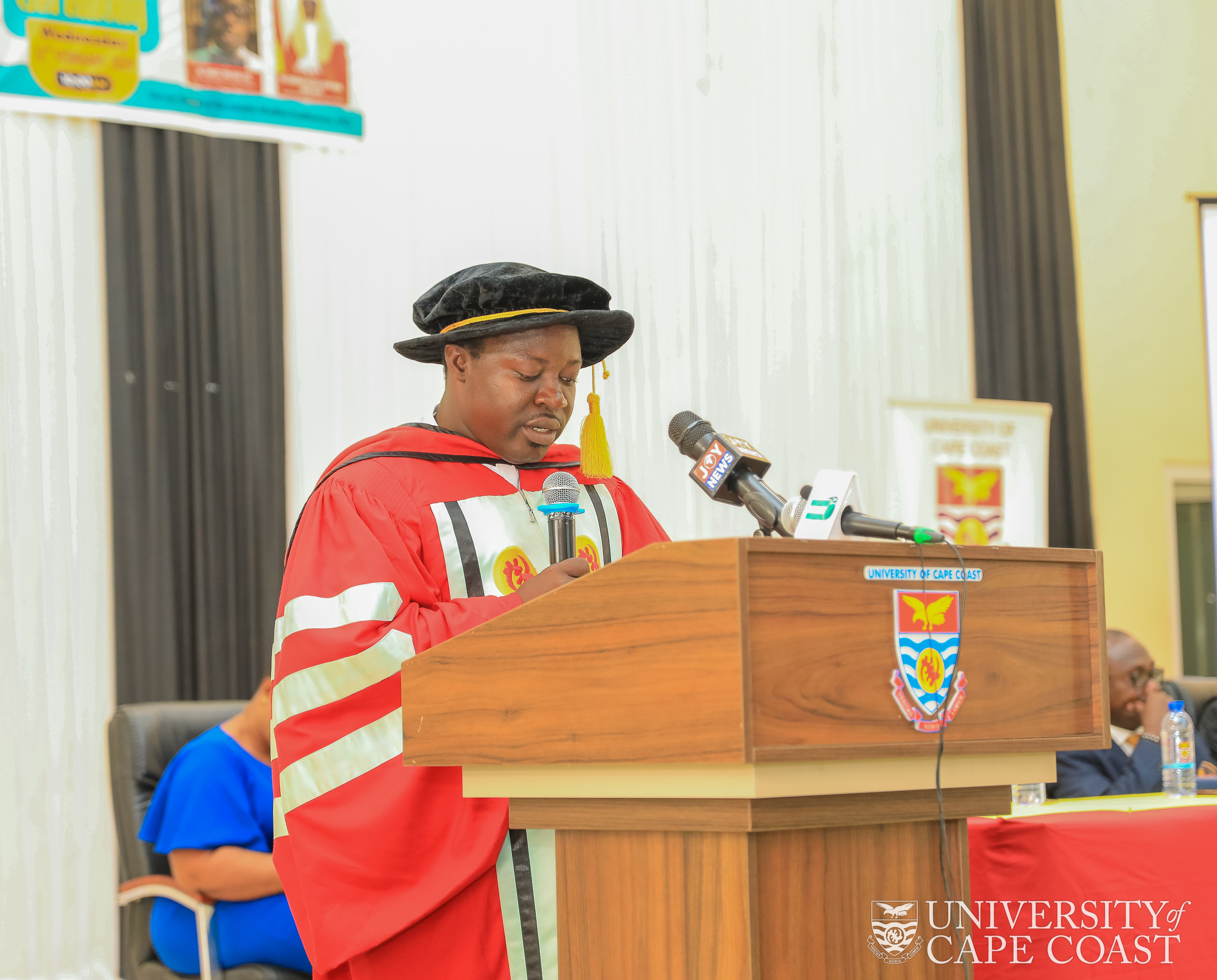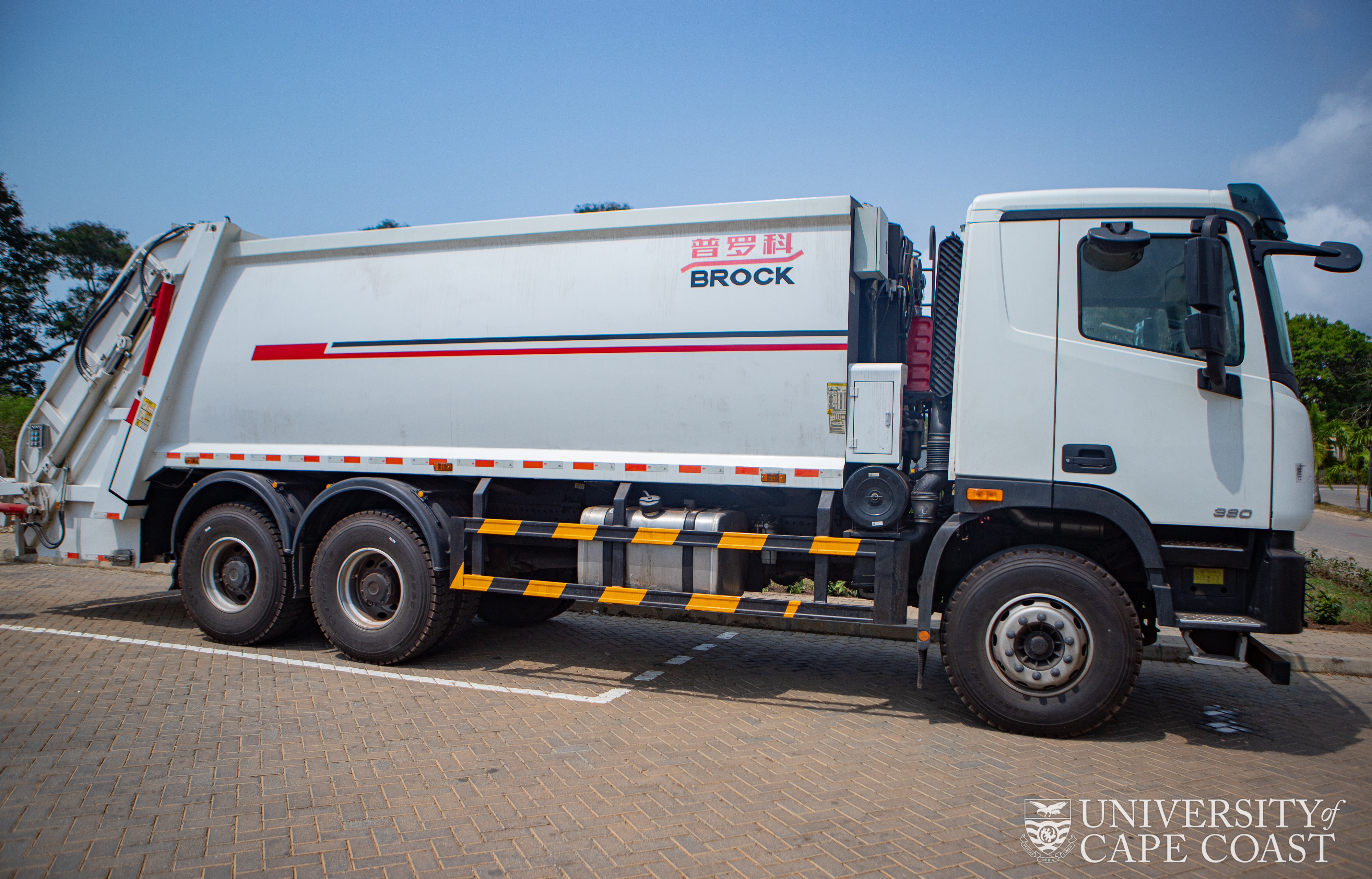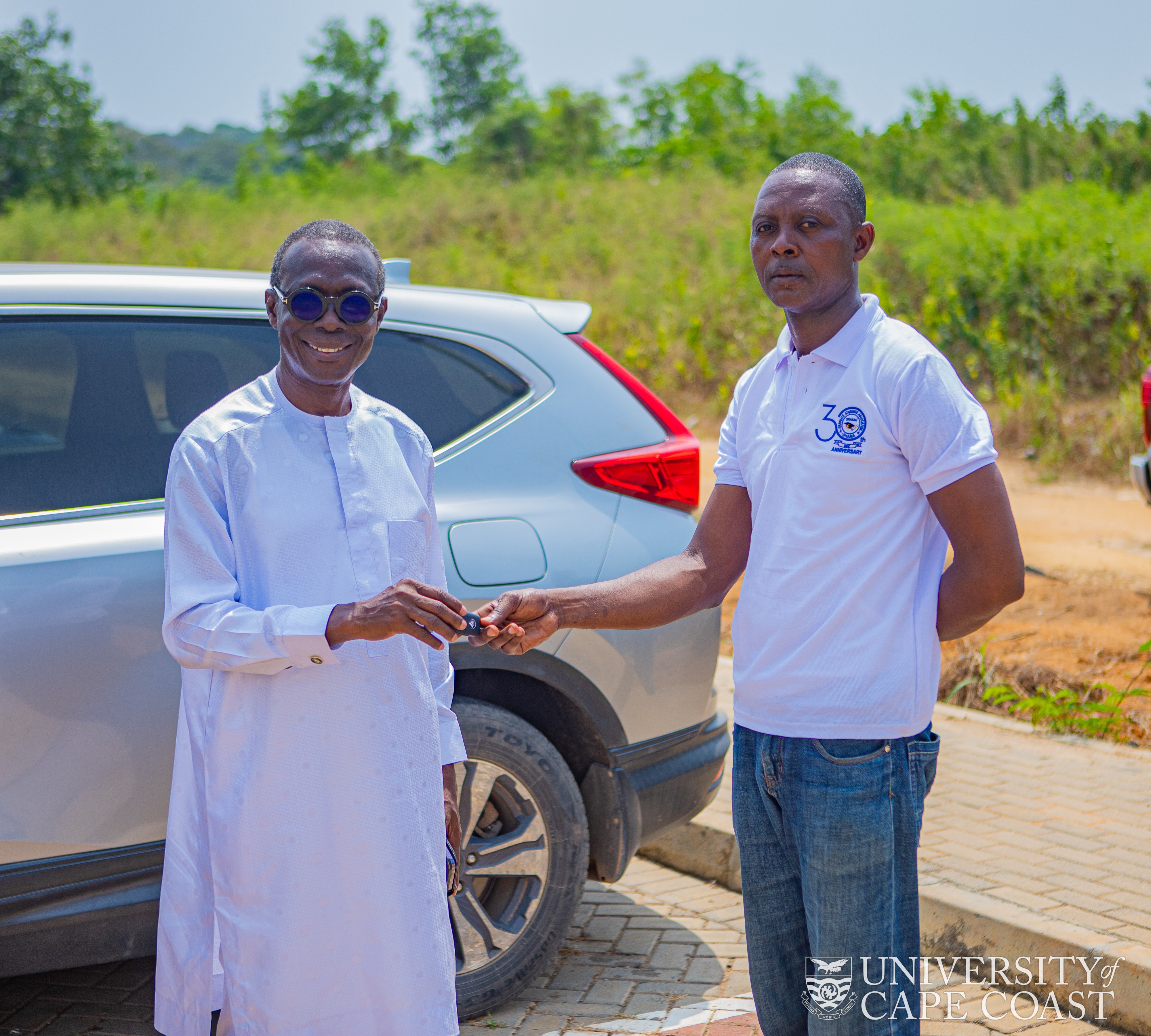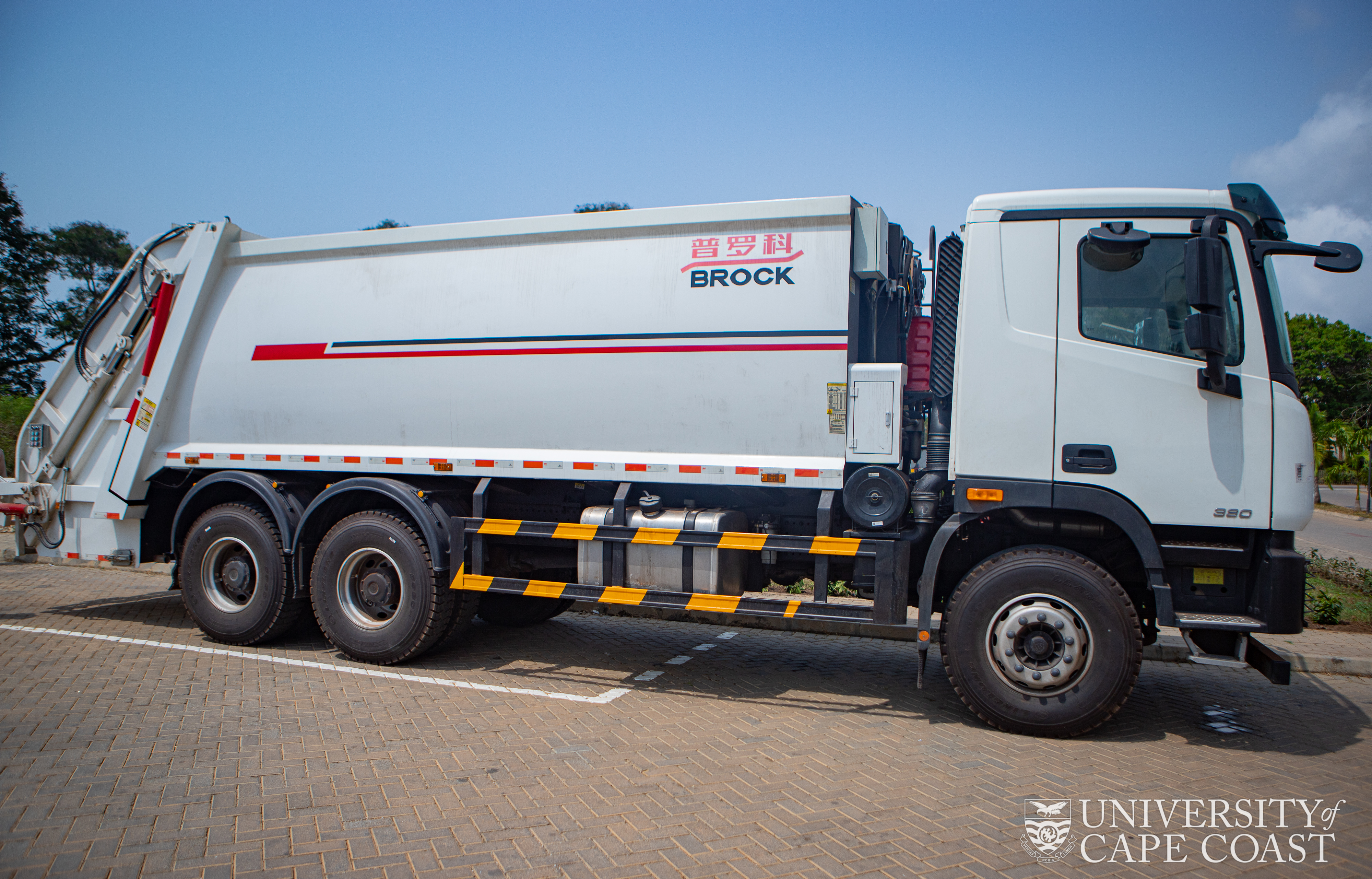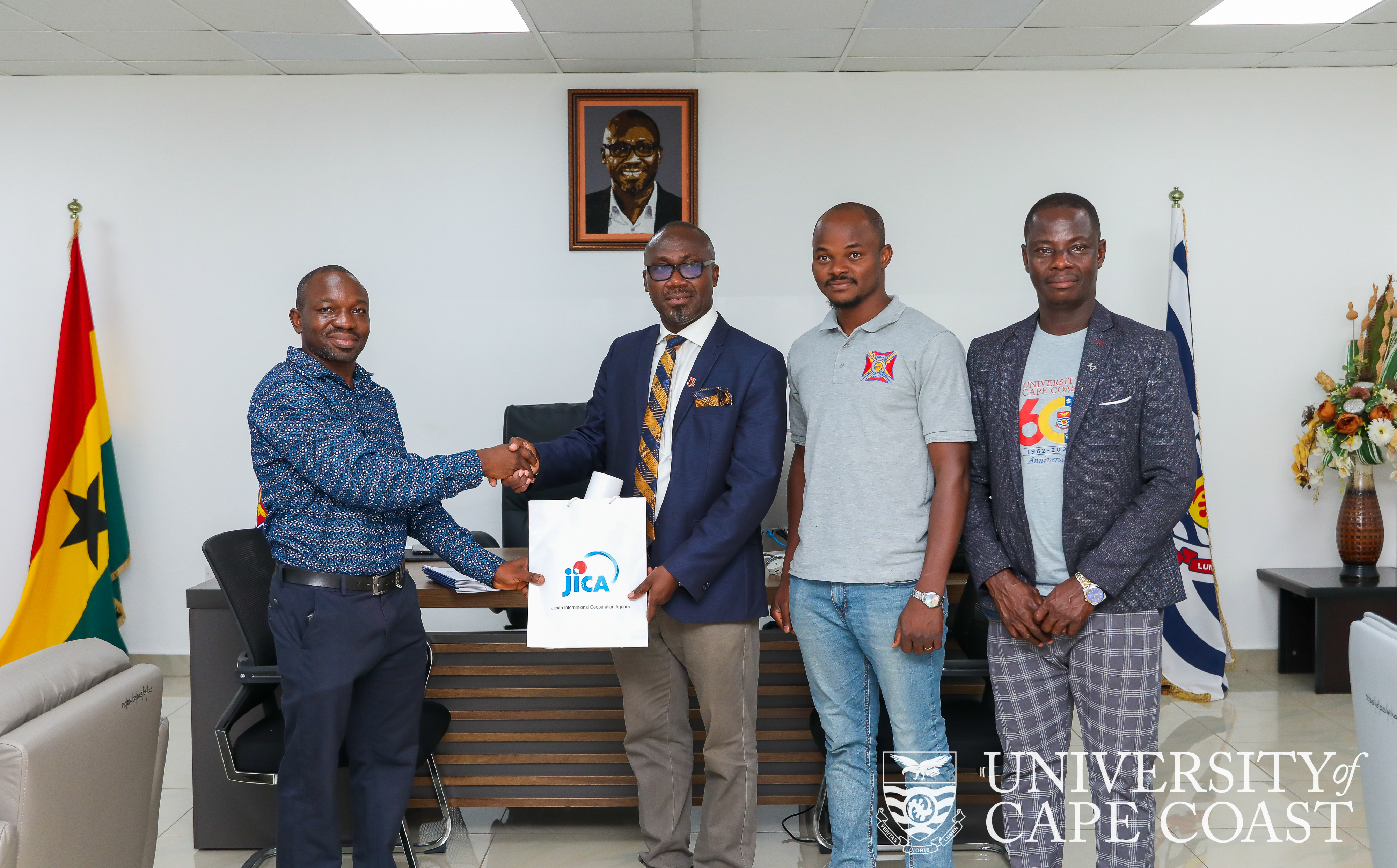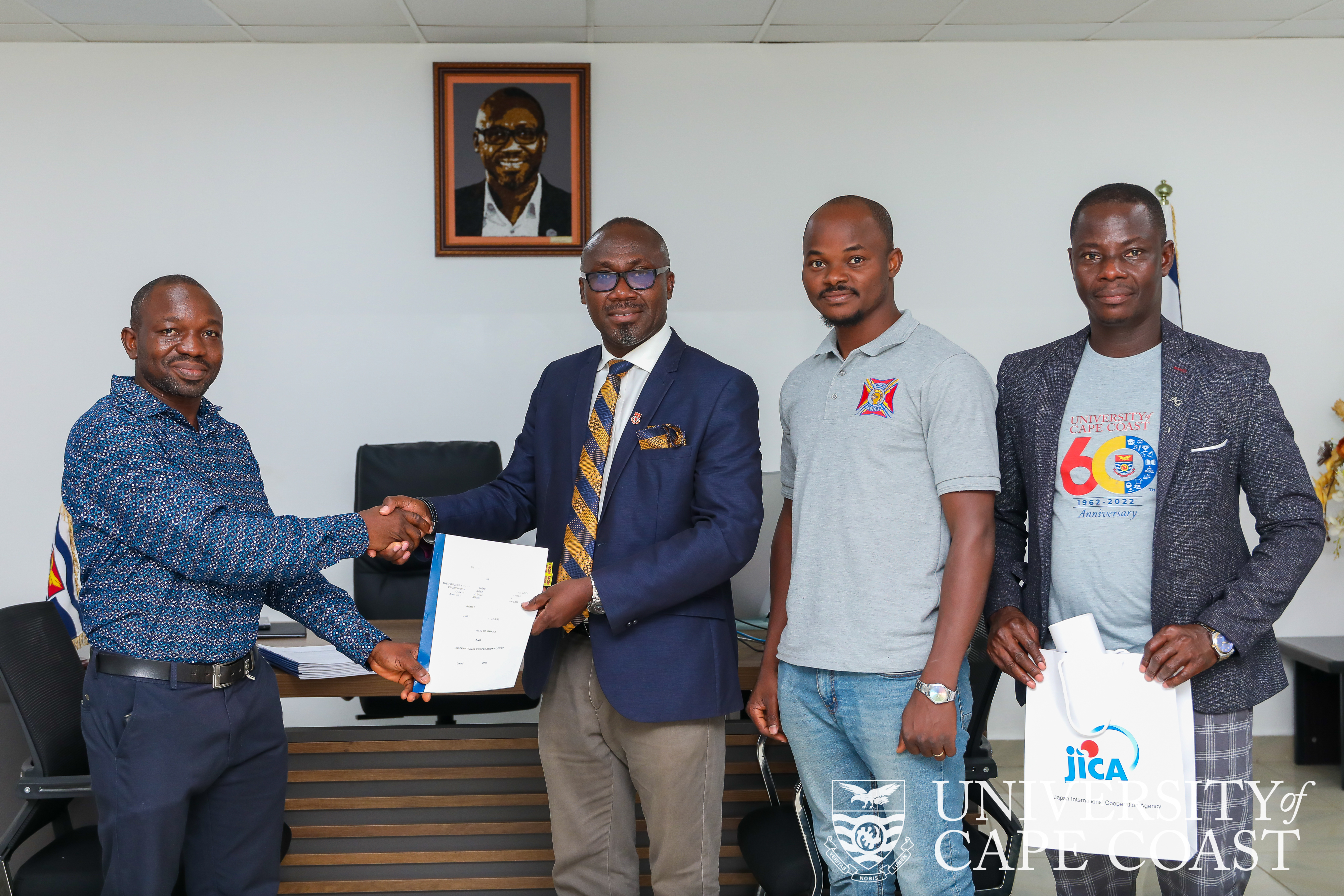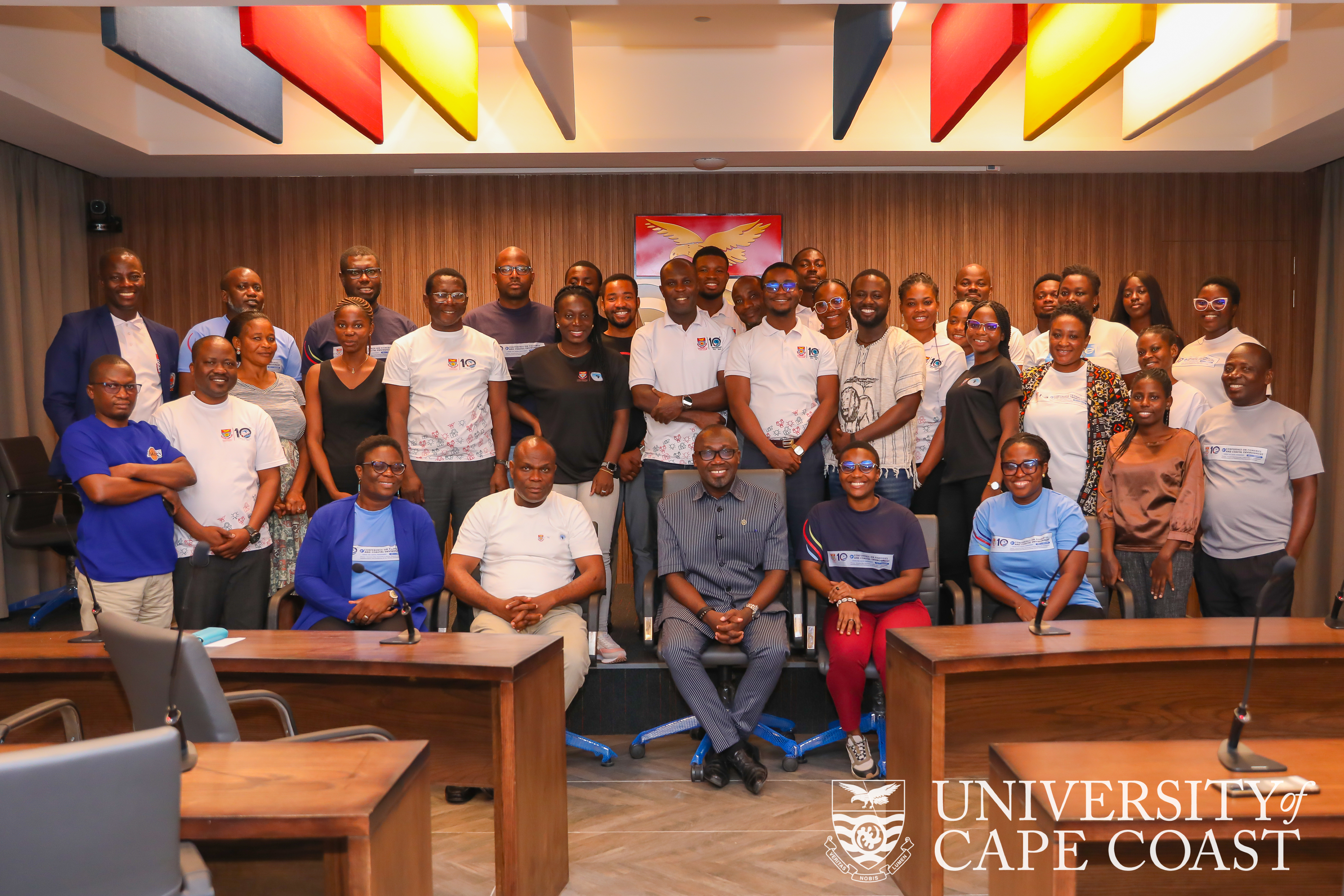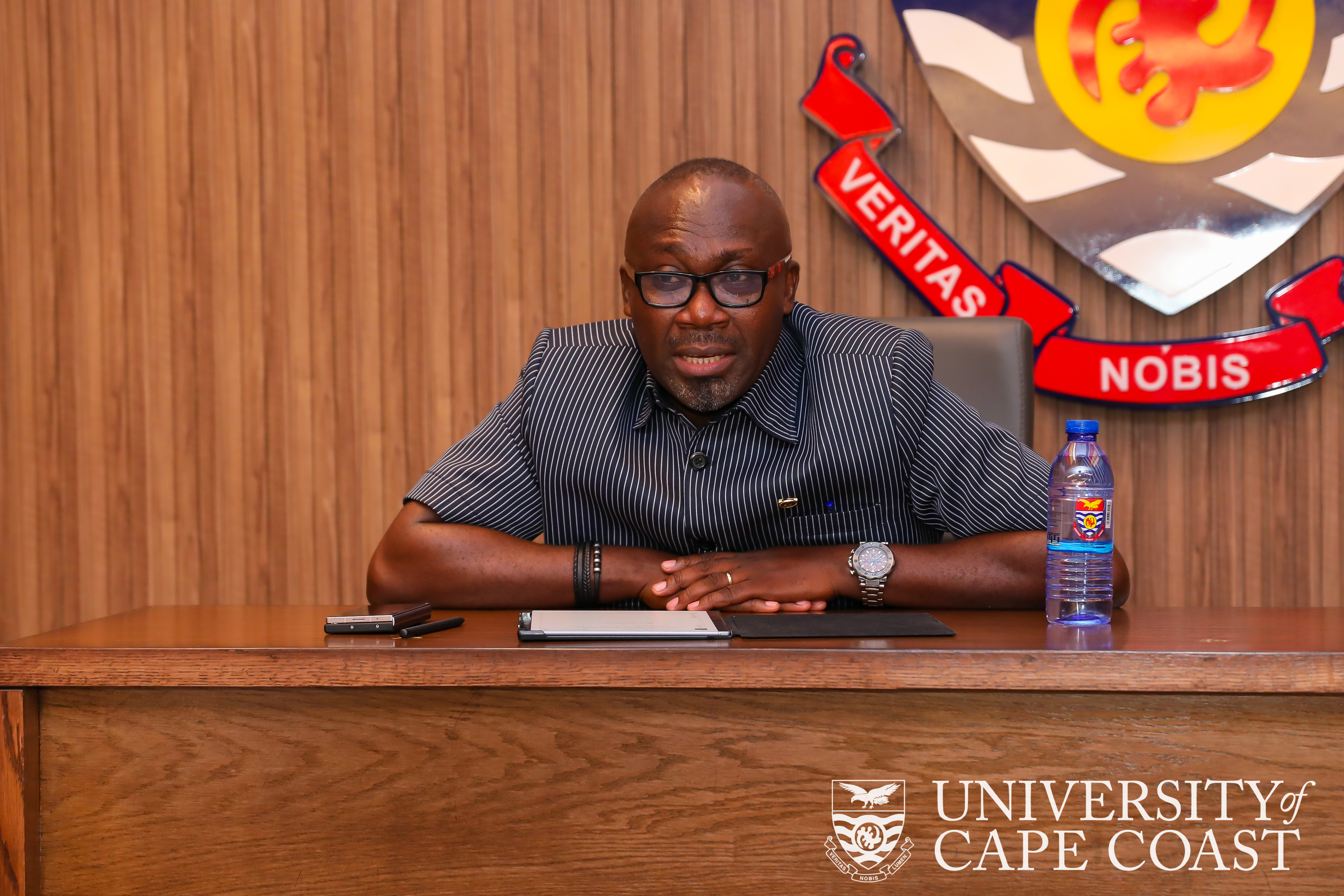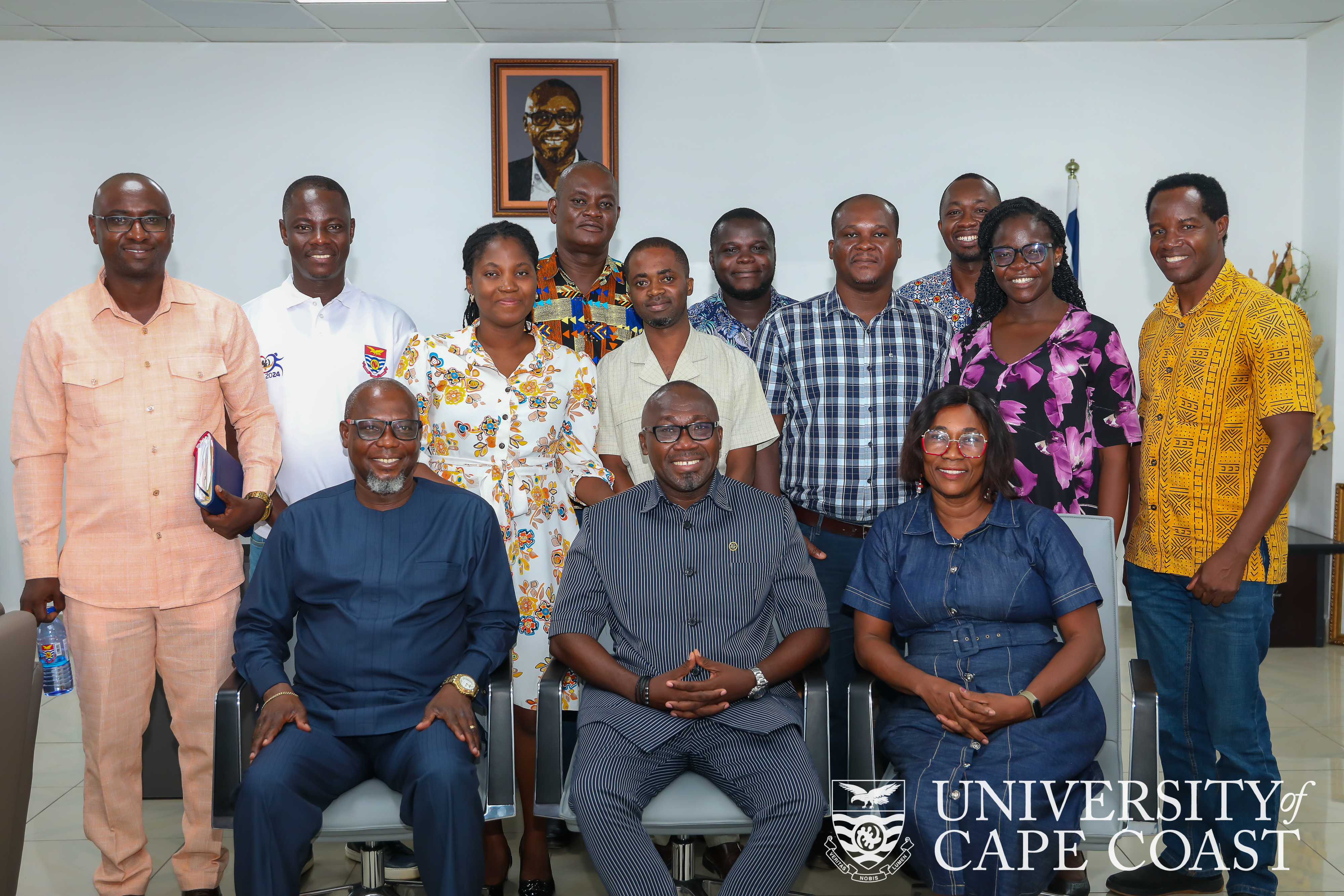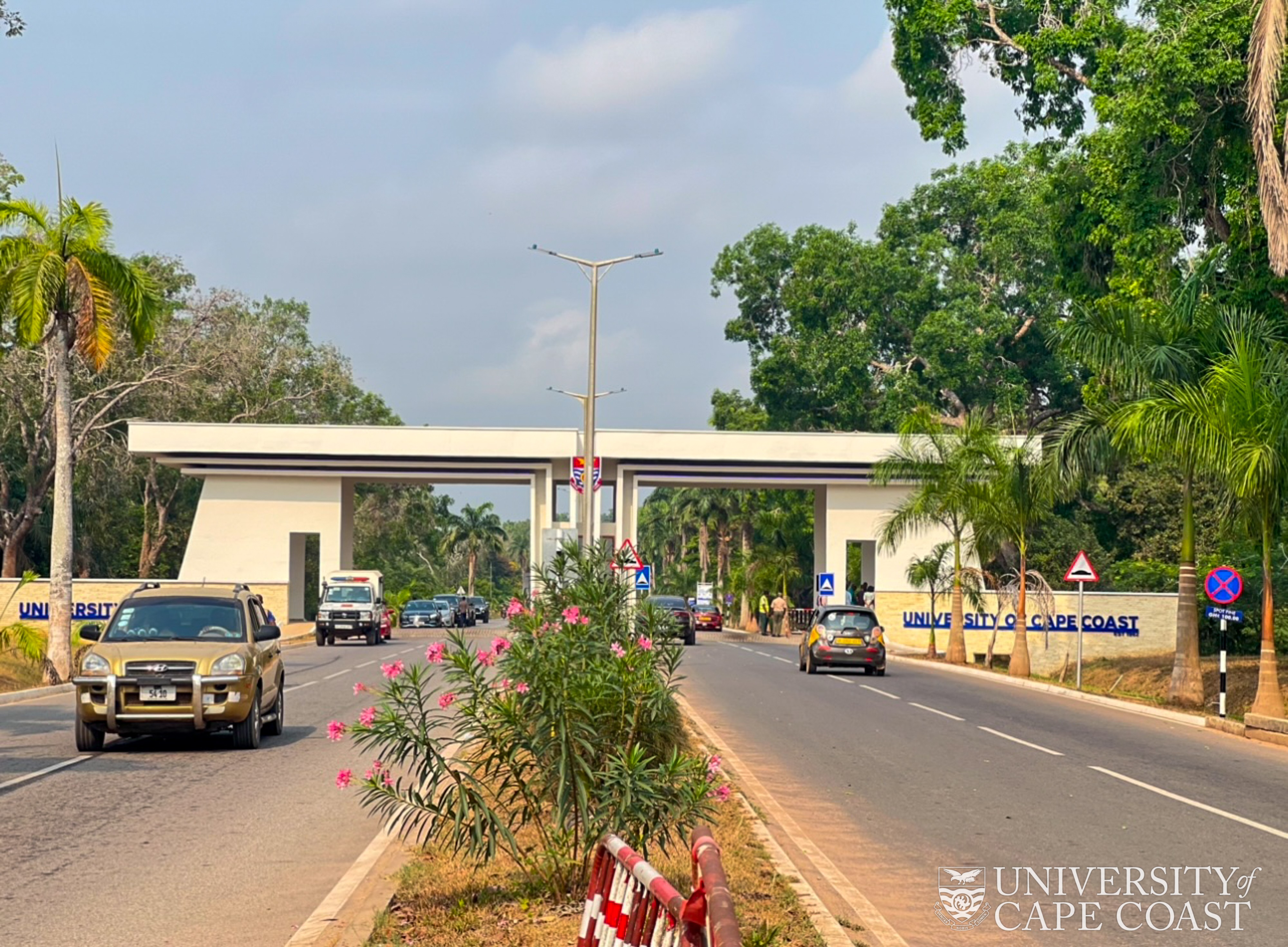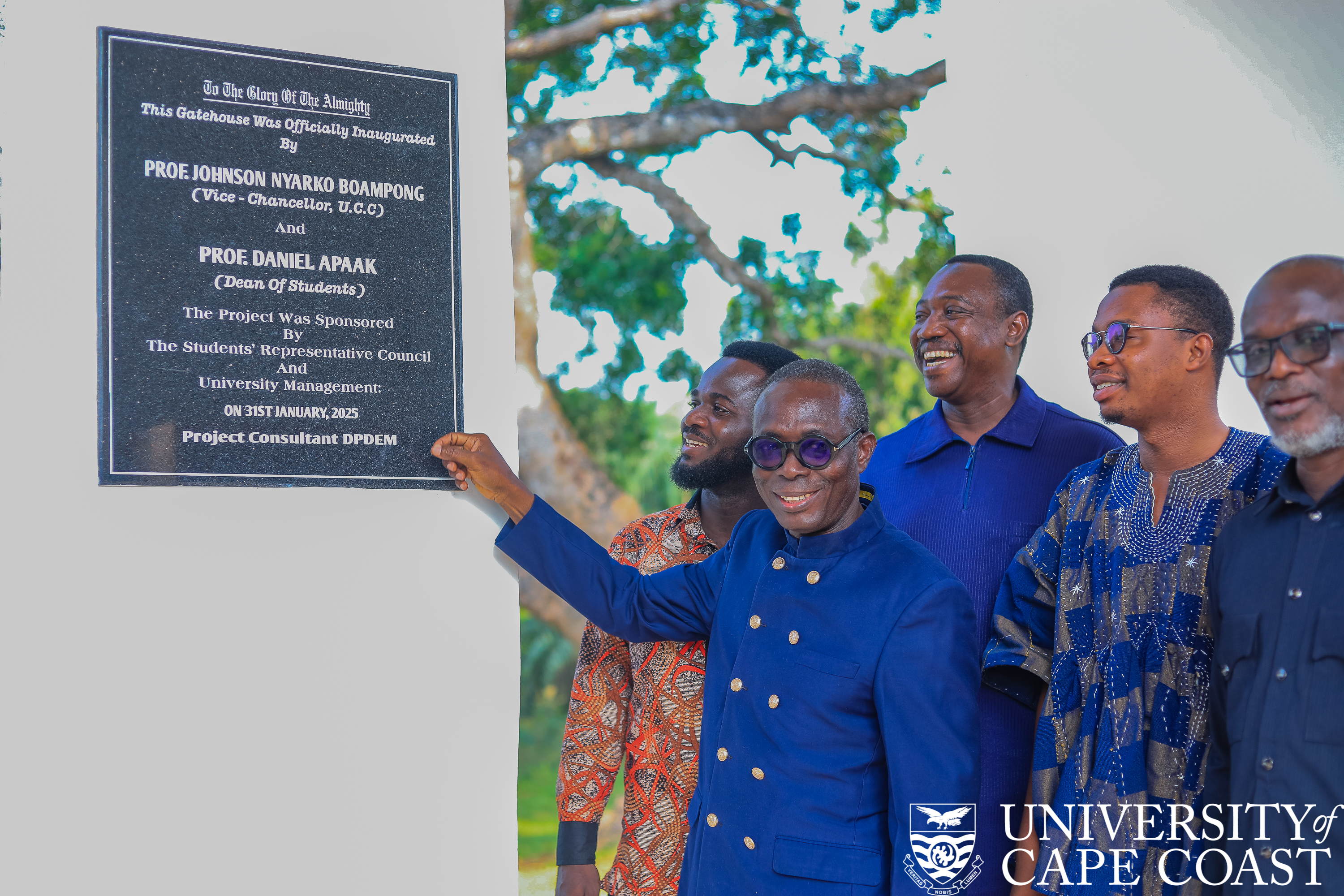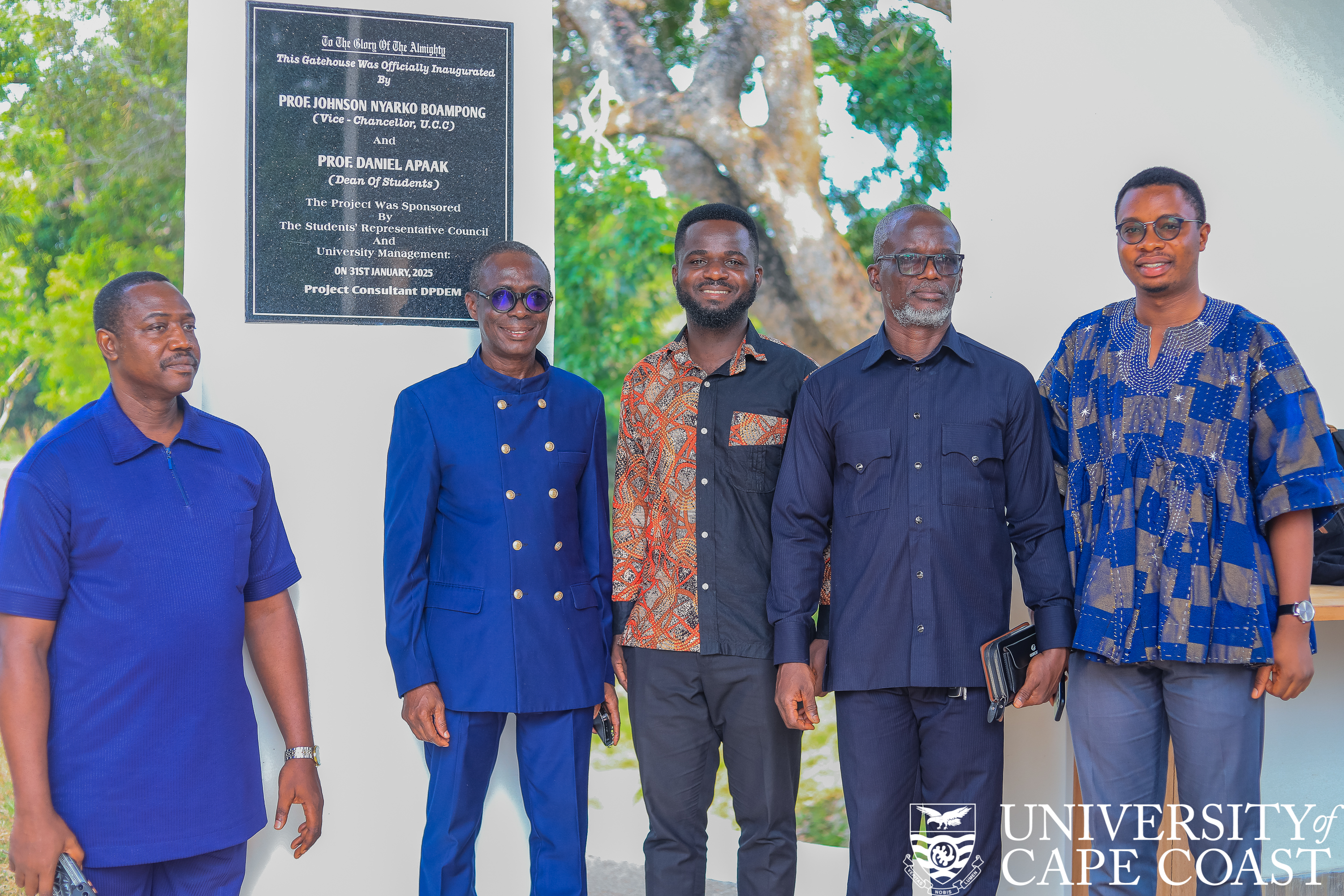A regional Chinese Language Teacher Training Center has been inaugurated at the University of Cape Coast (UCC).
The Center which is a collaboration between the Center for Language Education and Cooperation (CLEC) and UCC is located in the Amissah Arthur Language Center, is dedicated to train local Chinese teachers in West African countries.
Inaugurated
The Deputy Director of CLEC, Mr. Hu Zhiping, who inaugurated the Centre, said the demand for learning the Chinese language in Africa had surged in recent years, driven by growing political, economic, and cultural ties between China and African countries.
Mr. Hu indicated that West Africa was one of the most dynamic and promising regions for Chinese language development, with an increasing number of schools offering Chinese courses.
The officials of UCC and CLEC newly-inaugrated center
"However, the increasing demand for qualified teachers has outpaced the supply of Chinese teachers and volunteers dispatched from China," he said.
The Deputy Director observed that the Center was aimed at training hordes of local Chinese teachers to foster the sustainable development of Chinese language education across the region.
He reiterated that China was committed to ensuring that it deepened bilateral understanding and cooperation in language, culture, science, and technology.
Appreciation
The Pro Vice-Chancellor, Prof. Denis Aheto expressed excitement at the opening of the Centre on campus which would provide another opportunity for West African teachers and urged young Ghanaians to take advantage of the Center to acquire the requisite skills to teach the Chinese language.
He commended the Vice-Chancellor, Prof. Johnson Nyarko Boampong, for taking advantage of his visits to China to prevail on the leadership of CLEC to set up the Centre in UCC.
Prof. Aheto continued: “ the establishment of the Center is not merely the launch of a physical space. It will serve as a beacon of excellence to train qualified, well-trained Chinese teachers who will not only master the language but also understand the cultural nuances necessary for effective teaching.”
The Pro Vice-Chancellor, Prof. Denis Aheto (L) and Deputy Director of CLEC, Mr. Hu Zhiping, signing the MoU.
He said the Center would bring together teachers from countries such as Nigeria, Senegal, Côte D’Ivoire, among others, to share ideas, learn from one another, and collectively elevate the quality of Chinese language education across the sub-region.
The Pro Vice-Chancellor reiterated the commitment of the University to support the Center and its mission.
“Together, let us continue to build bridges of understanding, open doors of opportunity, and shape a future where language and culture unite us for the greater good,” he said.
Commenting on the launch of the new Centre, the Central Regional Director of the Ghana Education Service (GES), Mr. Emmanuel Essuman, announced that the service would pilot the introduction of the Chinese language into school curriculum across the country.
The officials of UCC and CLEC after the signing ceremony
“It is worthy to note that Chinese Language education has provided an opportunity for students in the Central region not only to learn a second language but also to pursue a degree in Chinese language, access scholarships in China, participate in global competitions such as the Chinese bridge, and secure employment in Chinese enterprises,” he added.
As part of the event, a Memorandum of Understanding (MoU) between UCC and CLEC was signed to make their cooperation and partnership official.
Source: Documentation and Information Section

